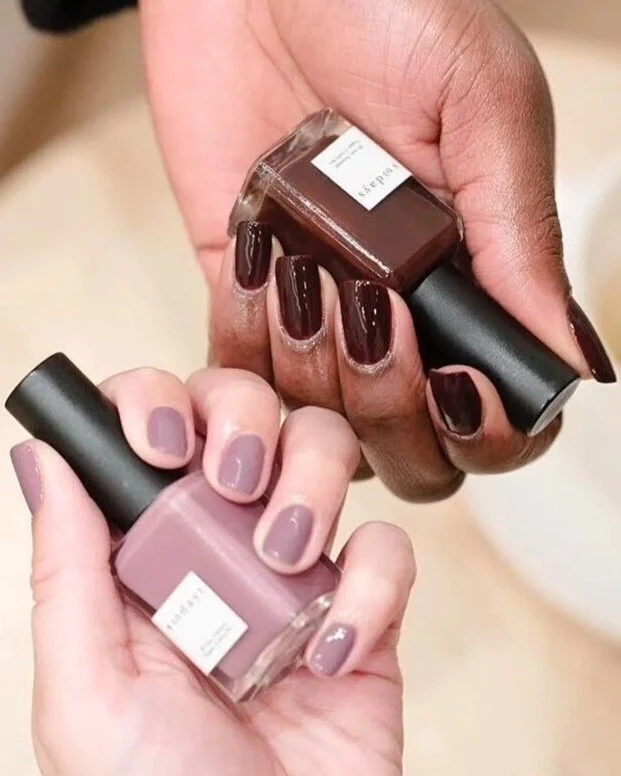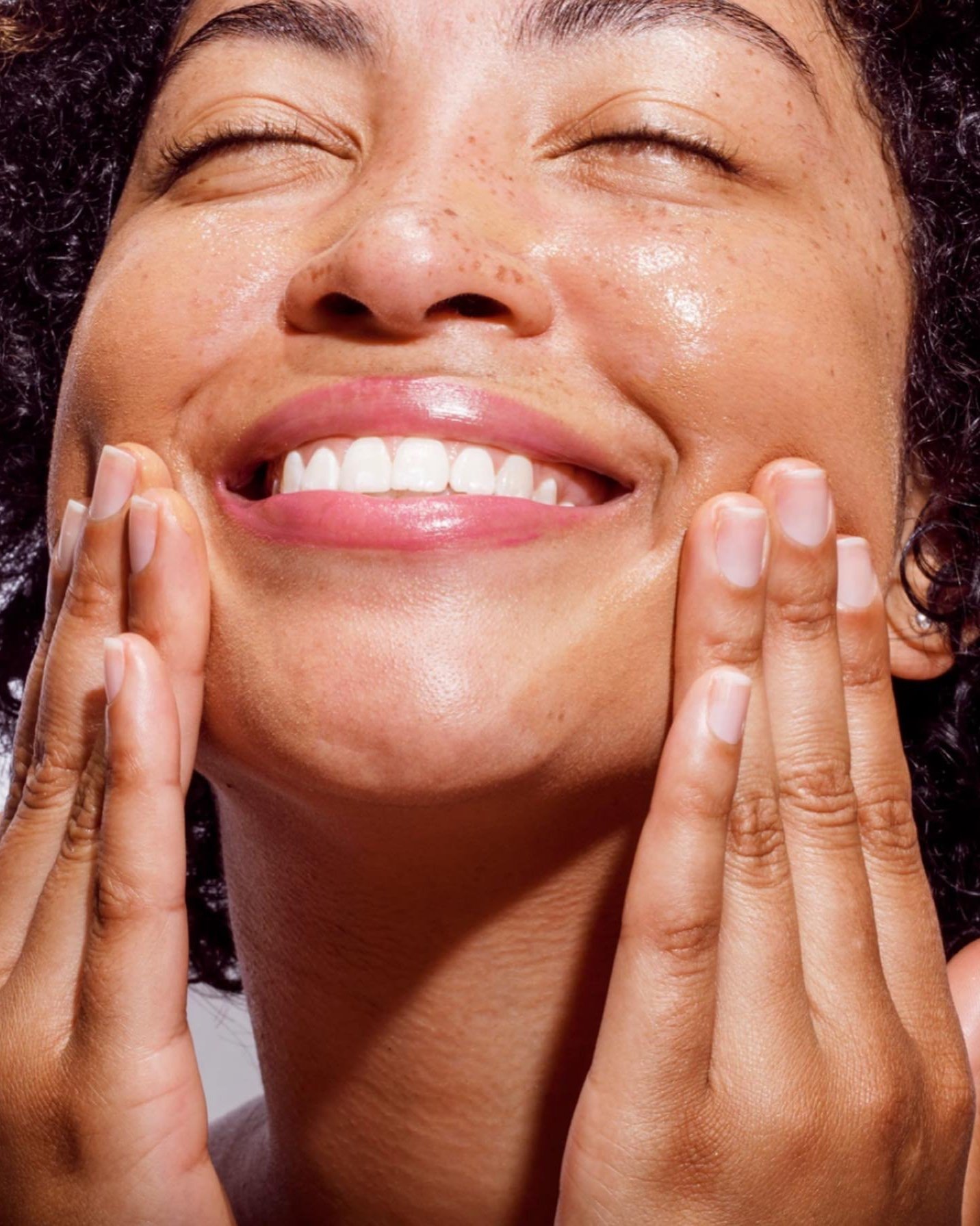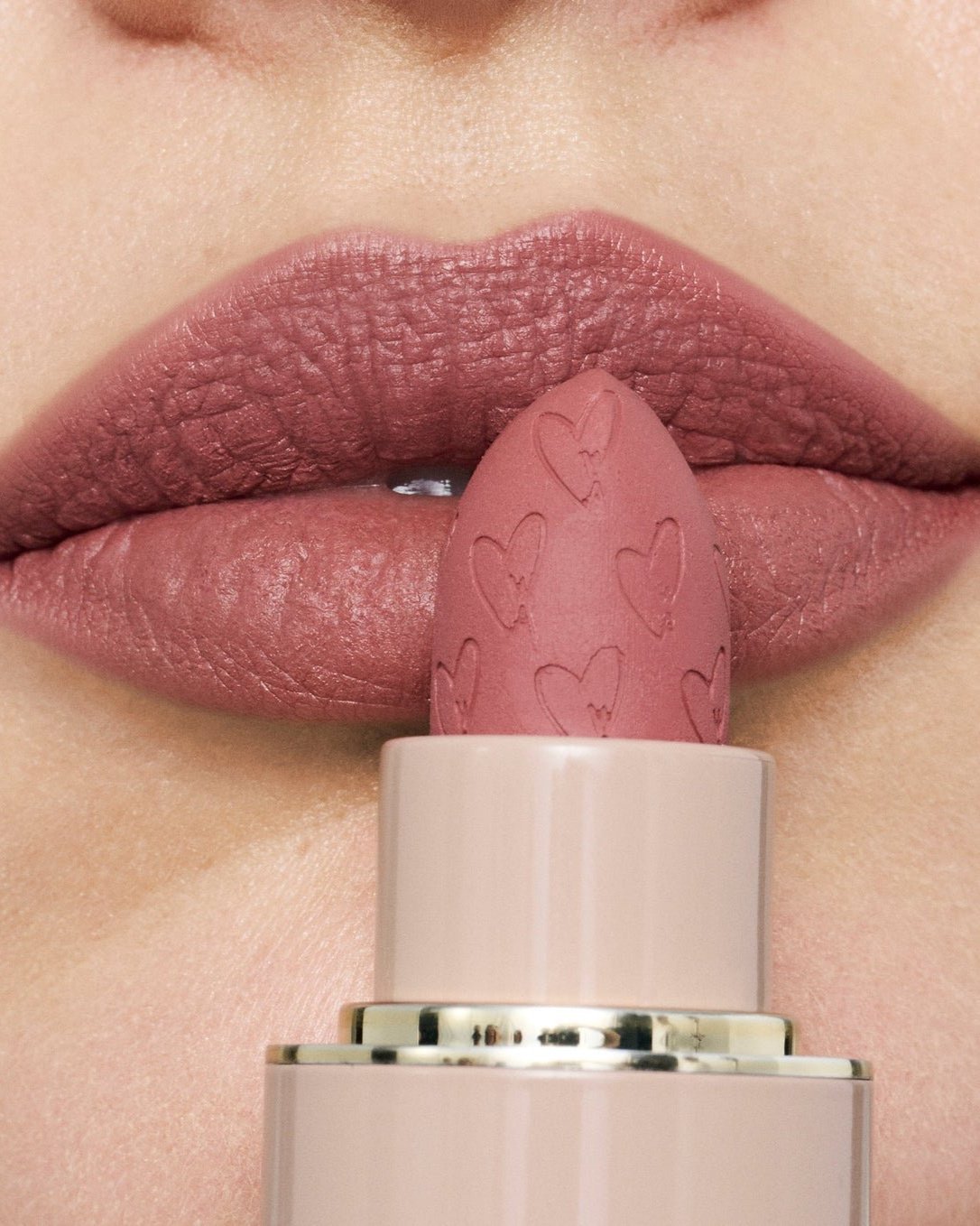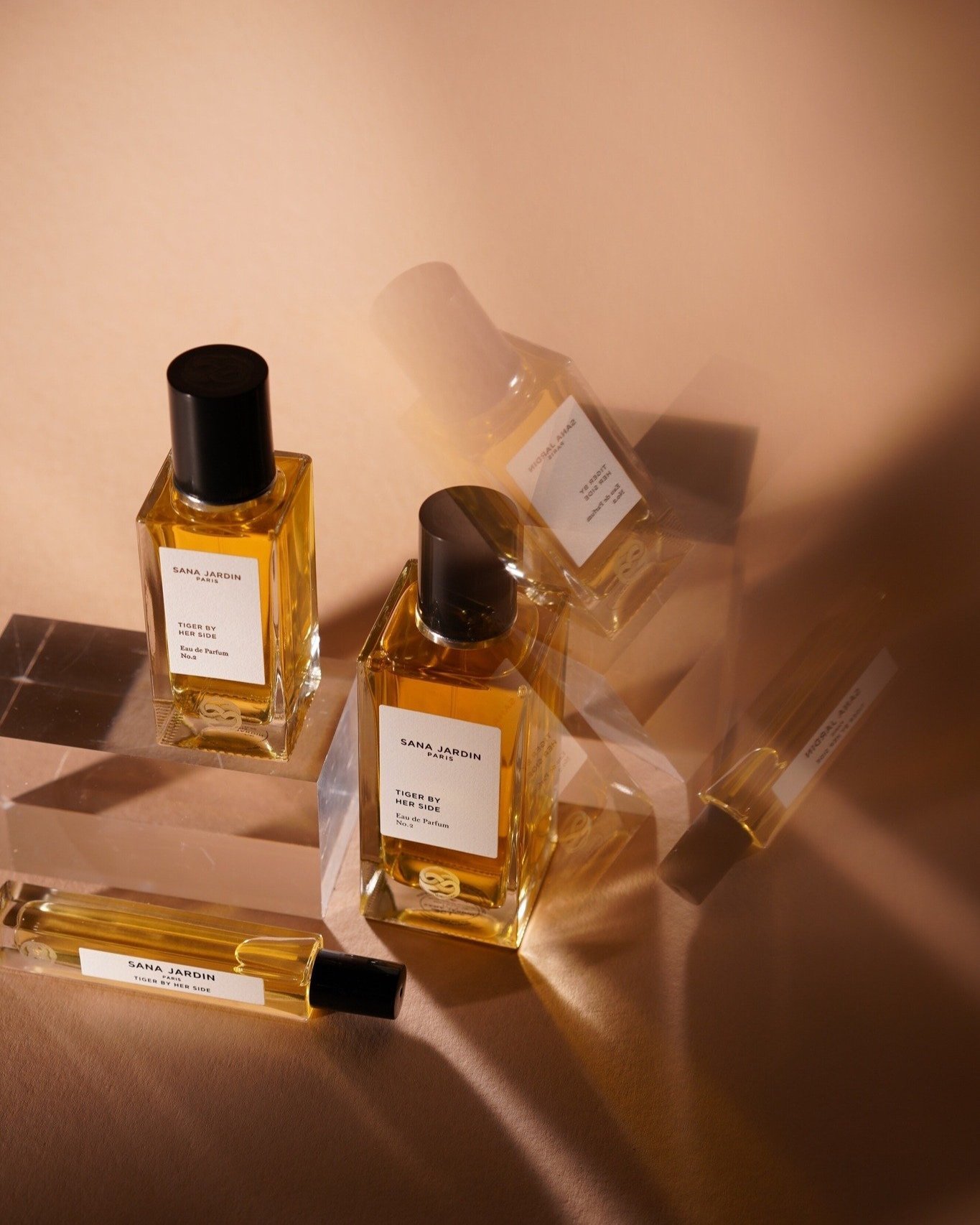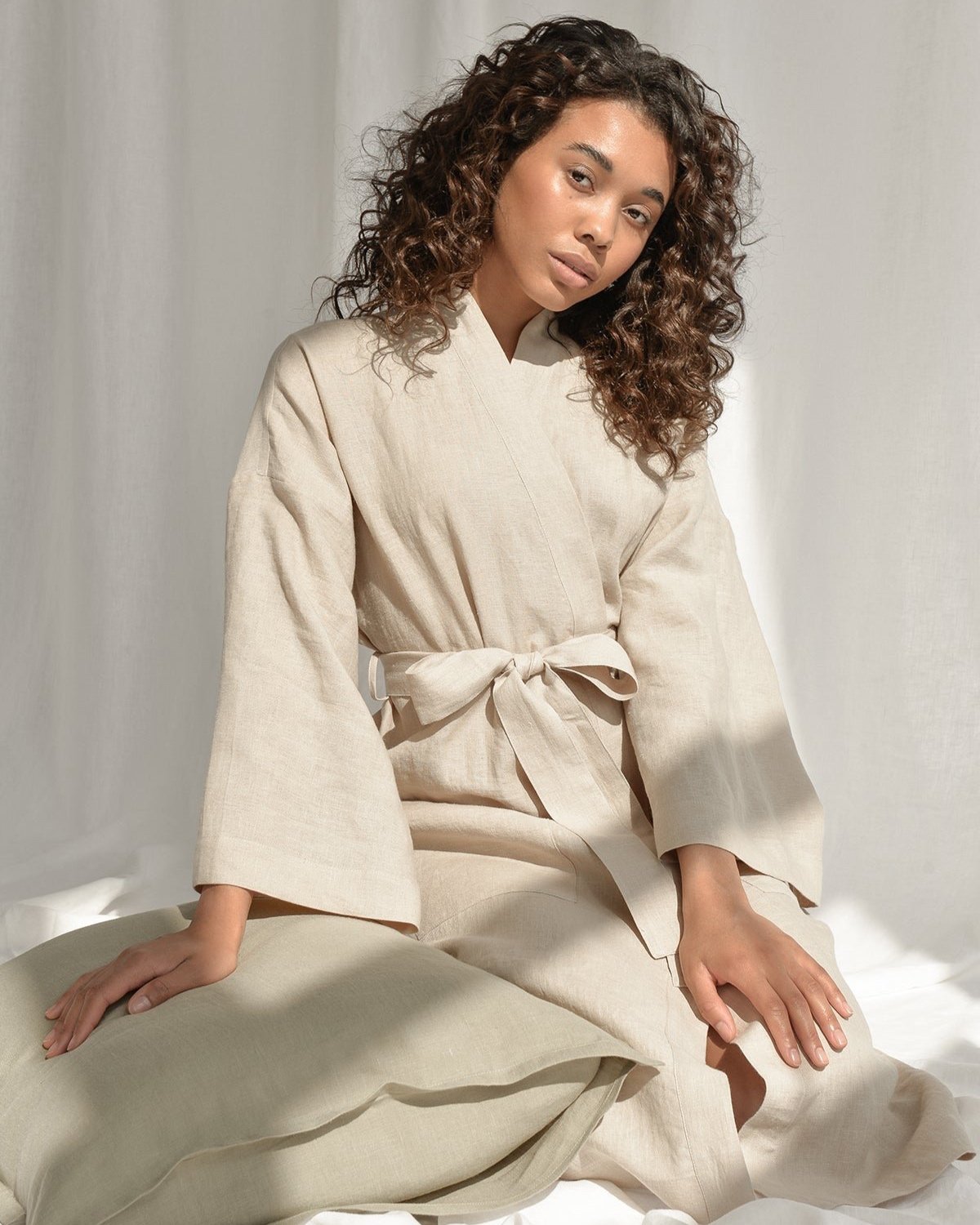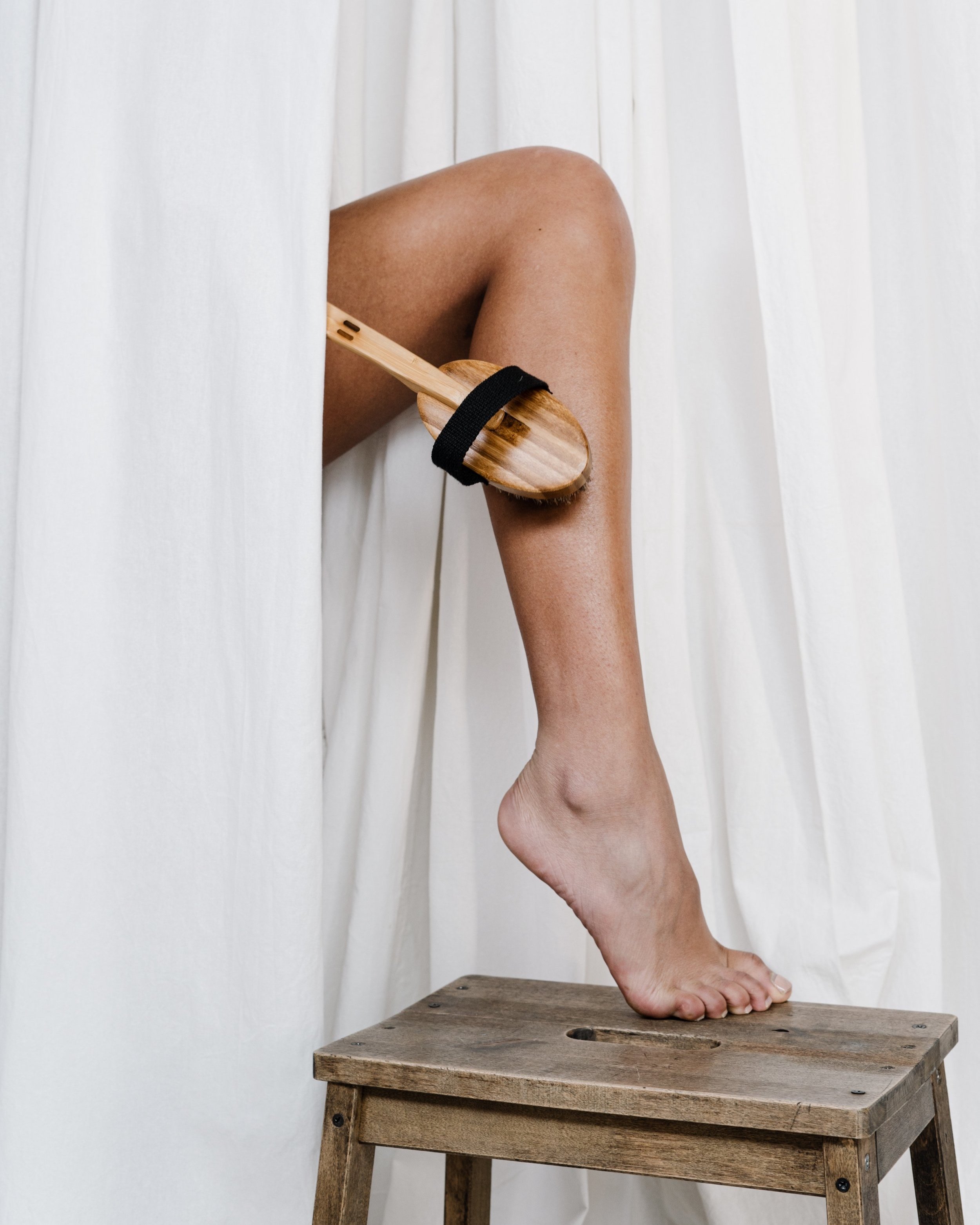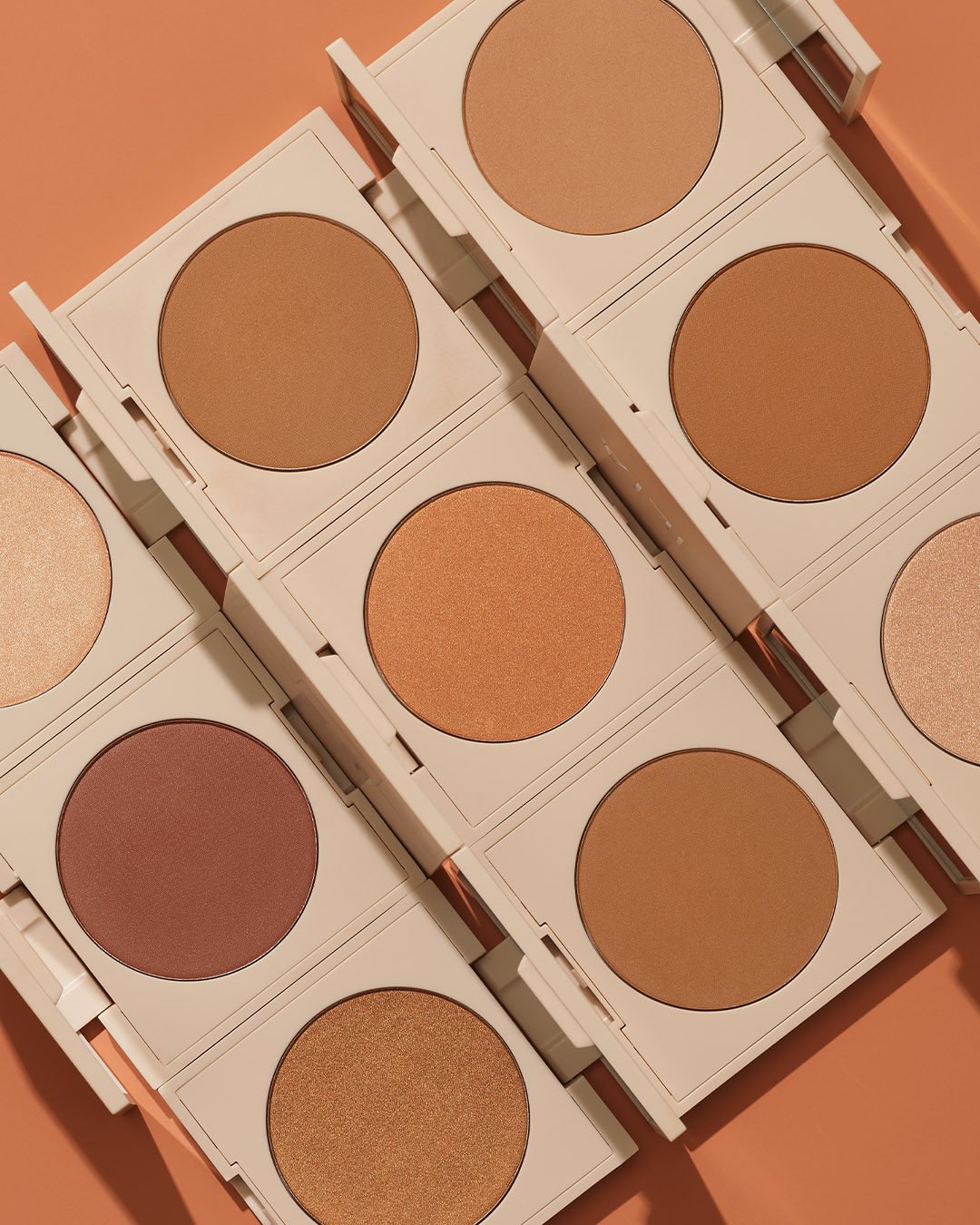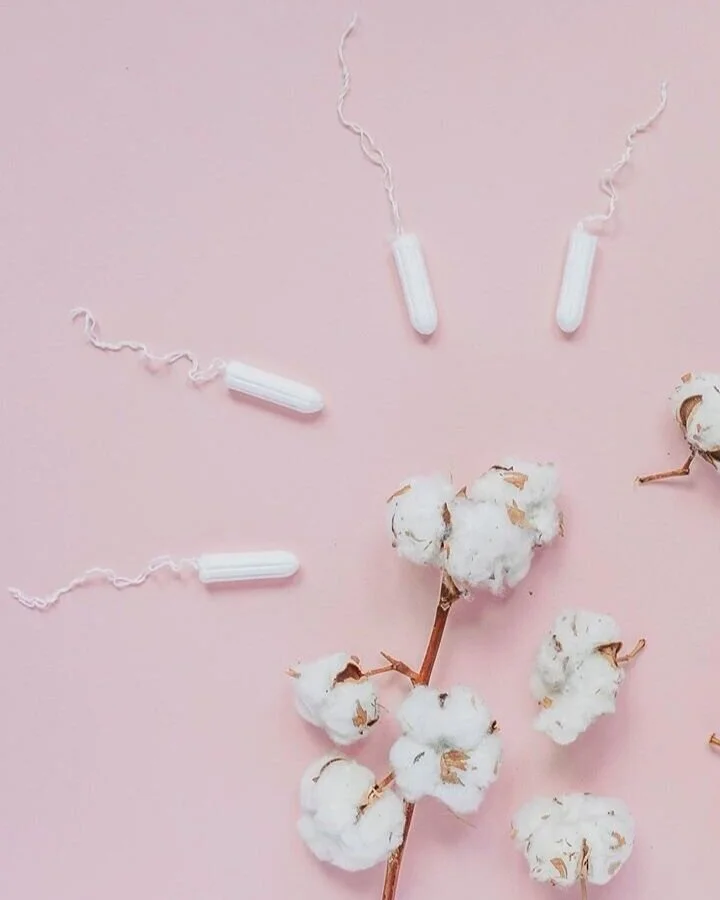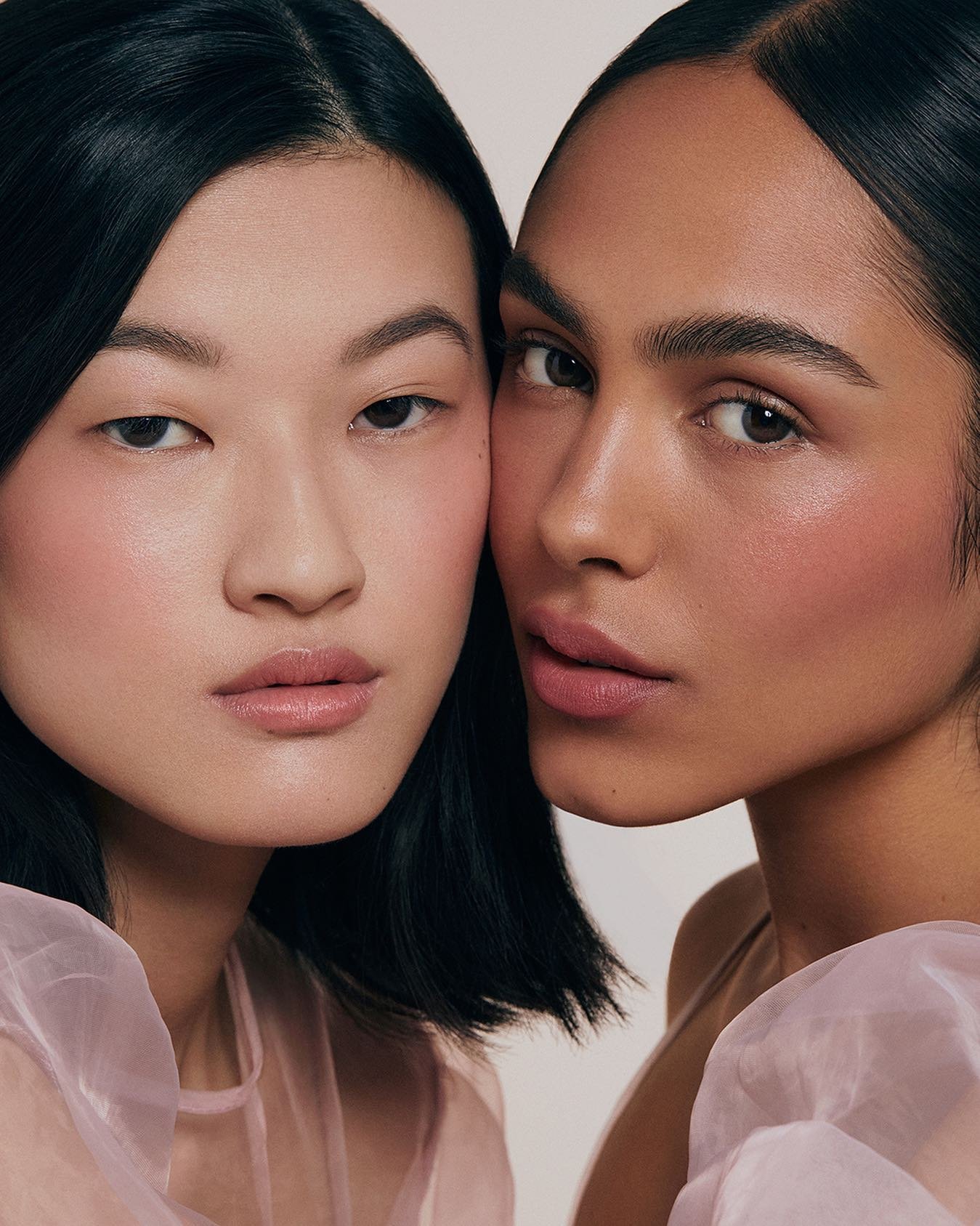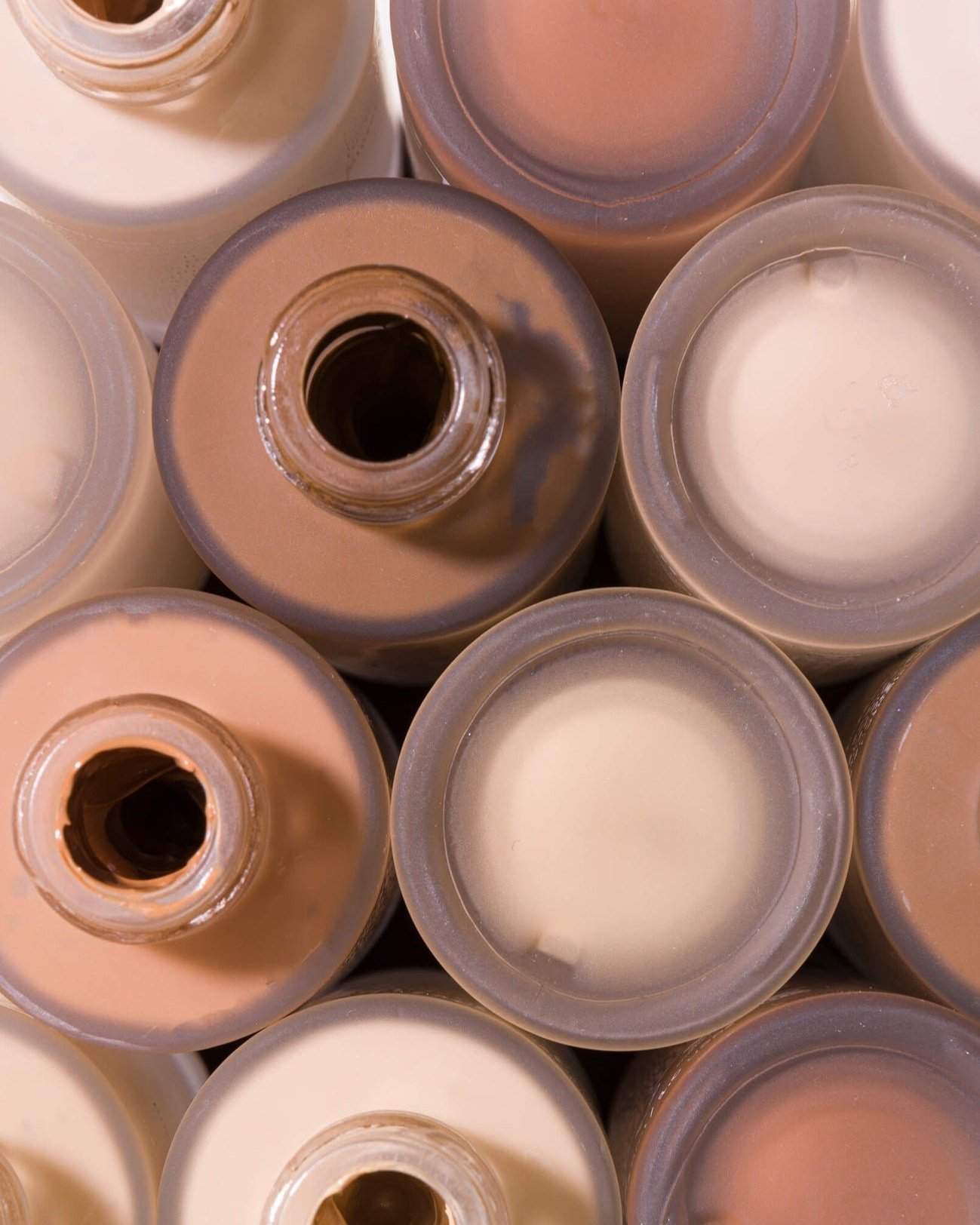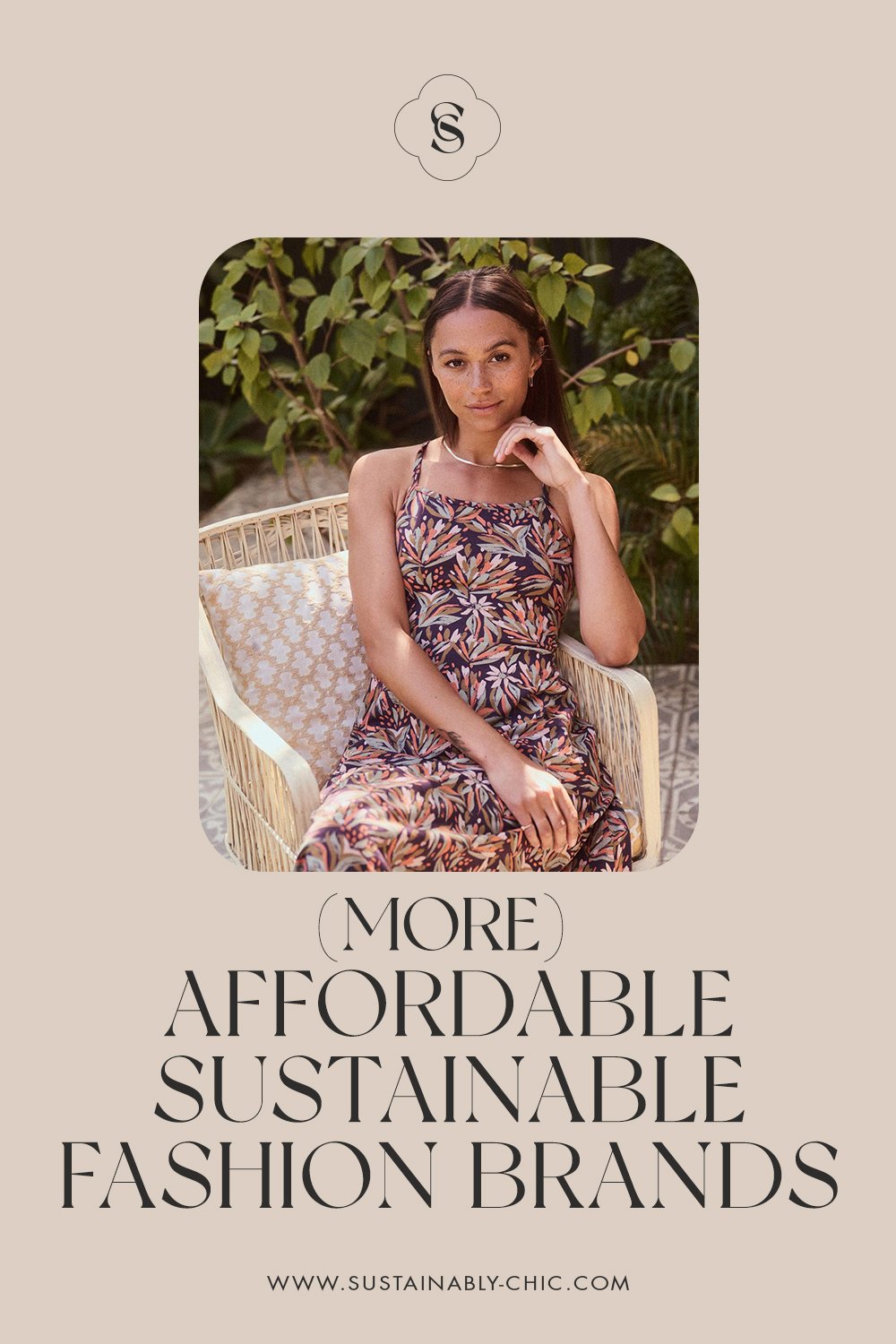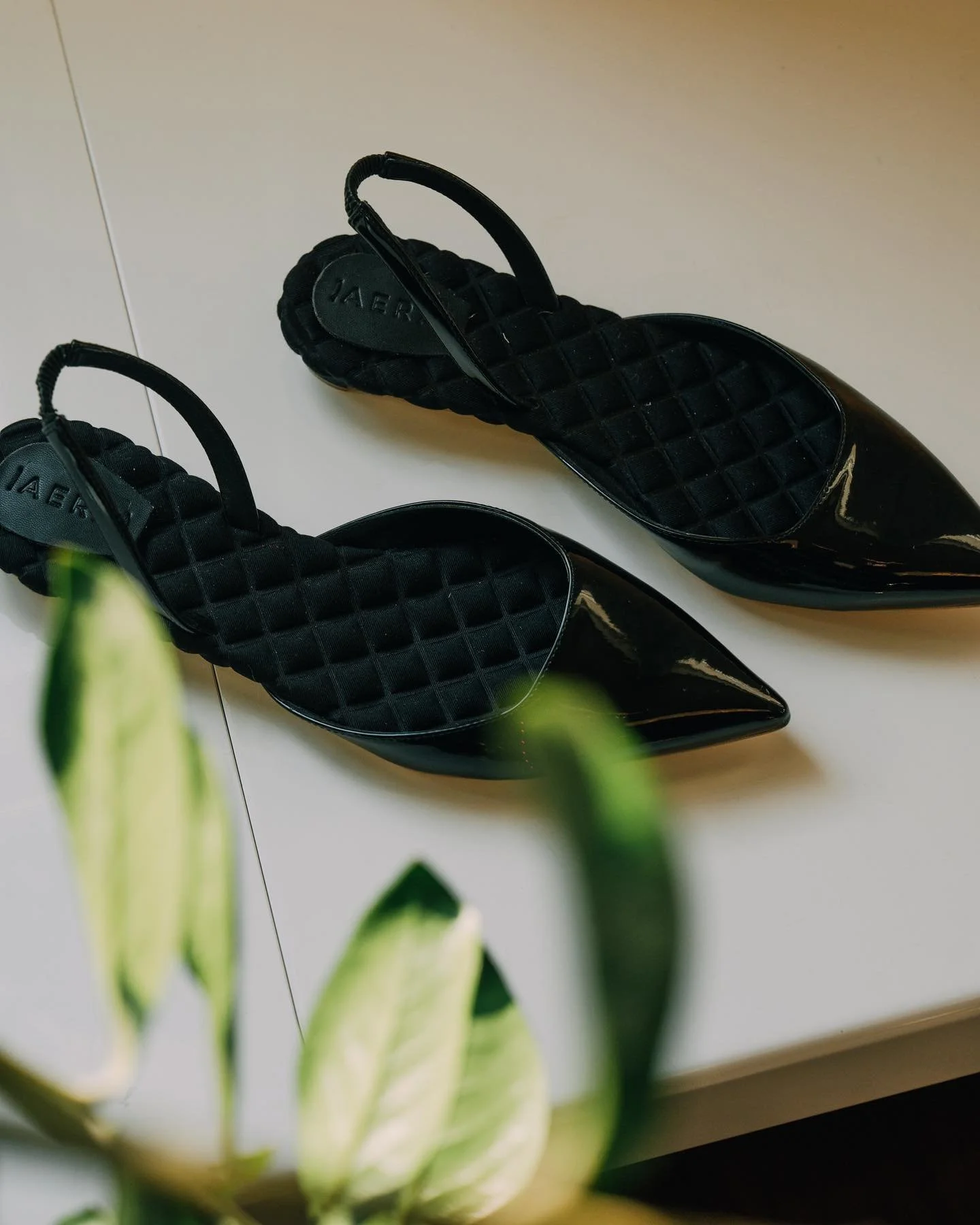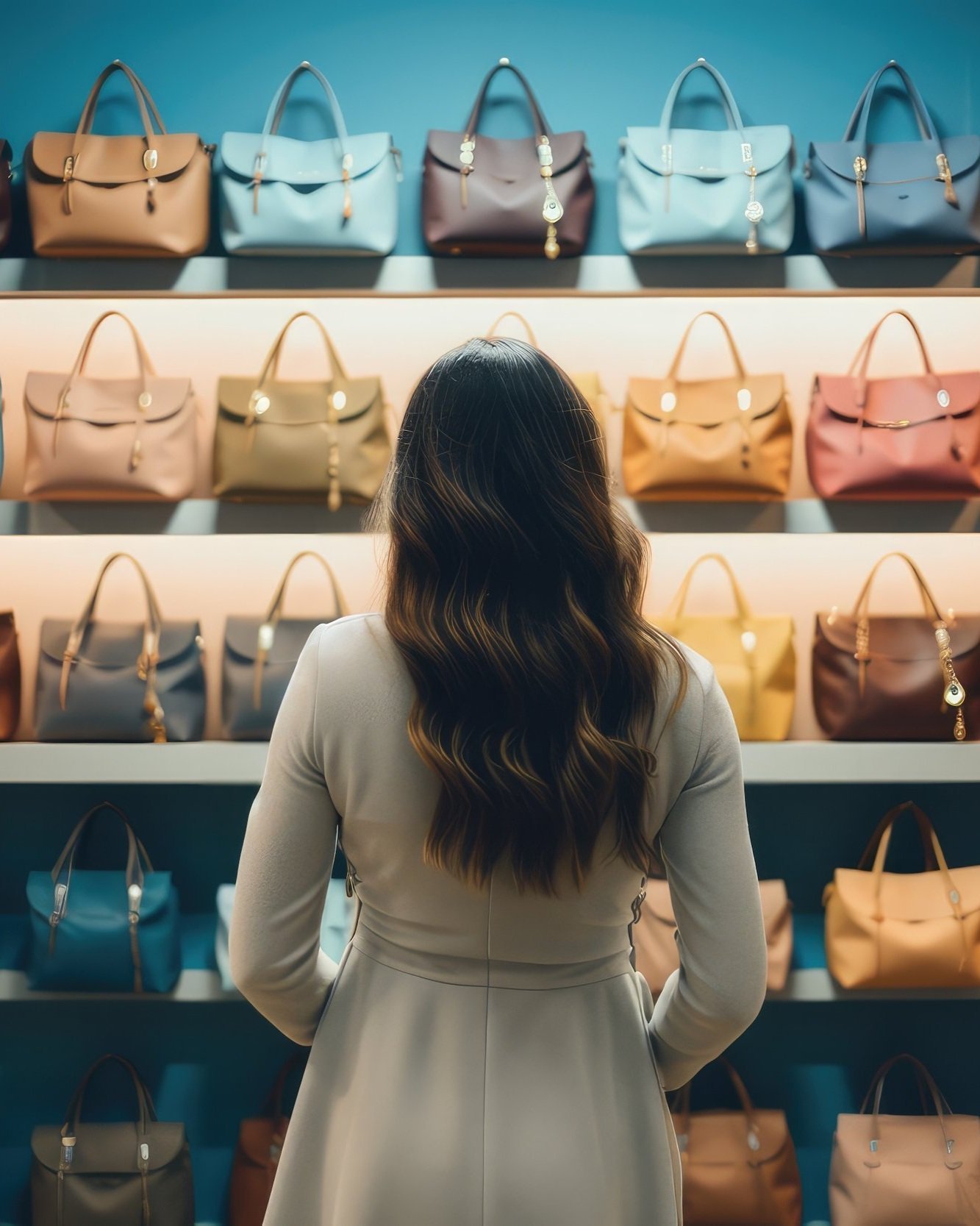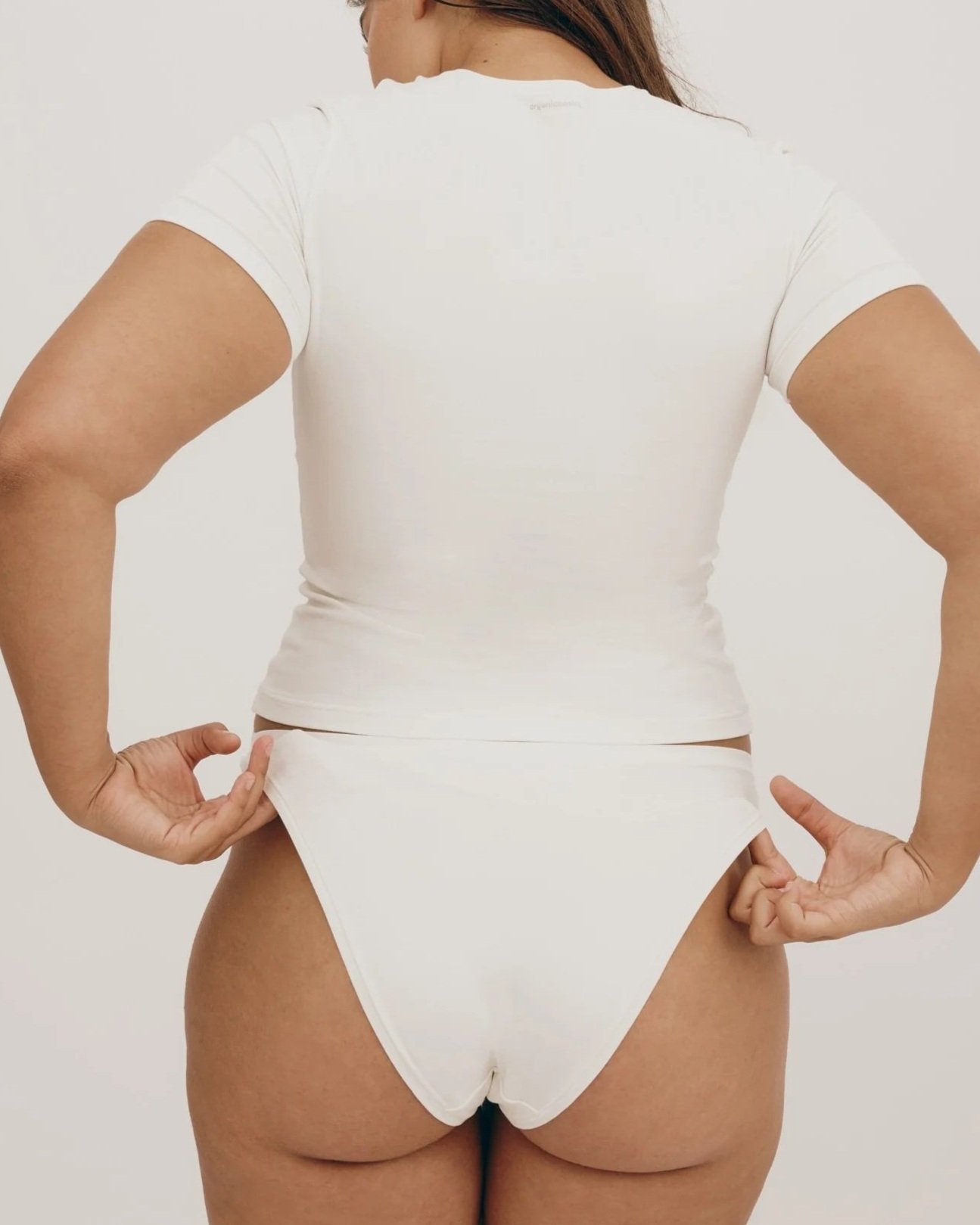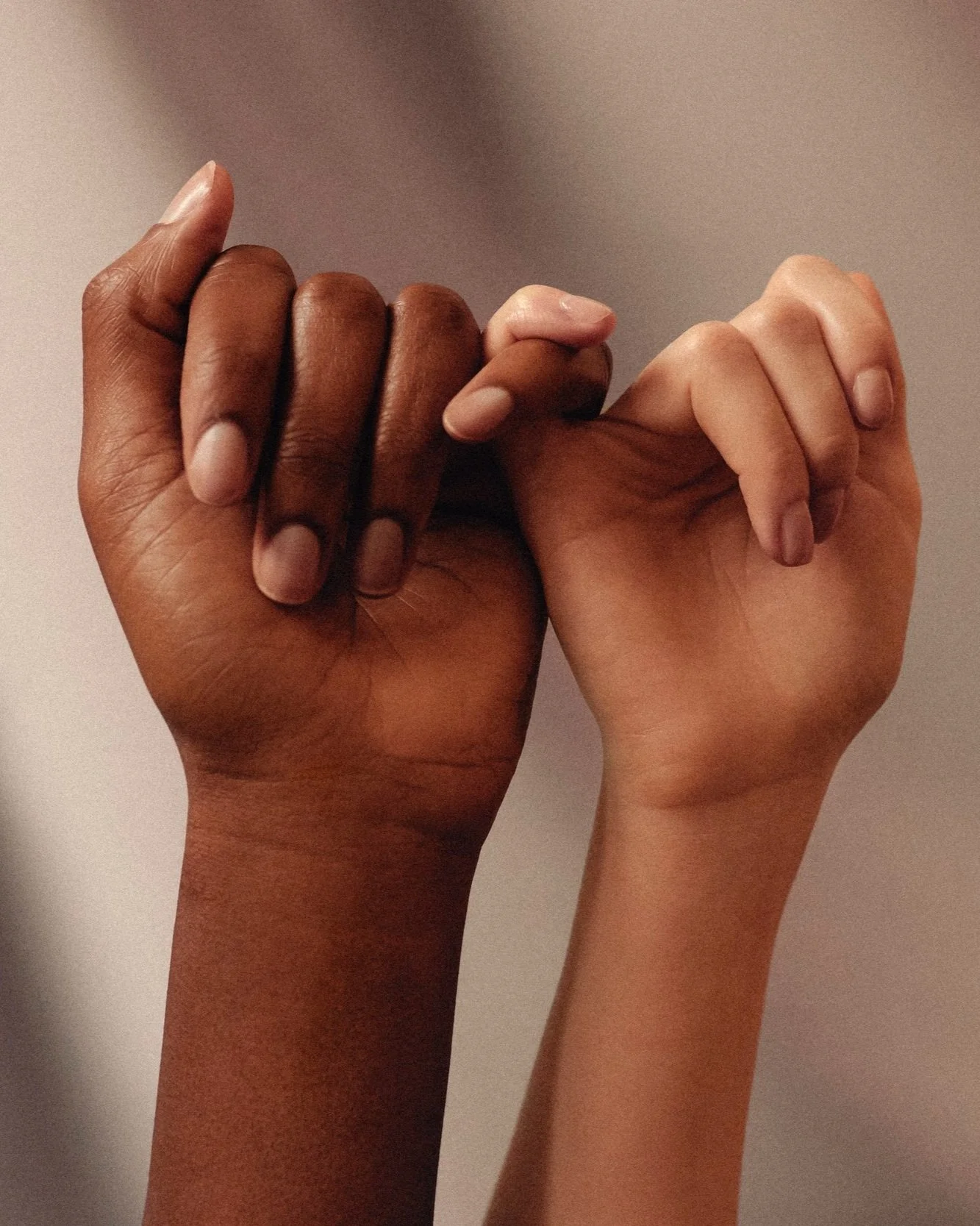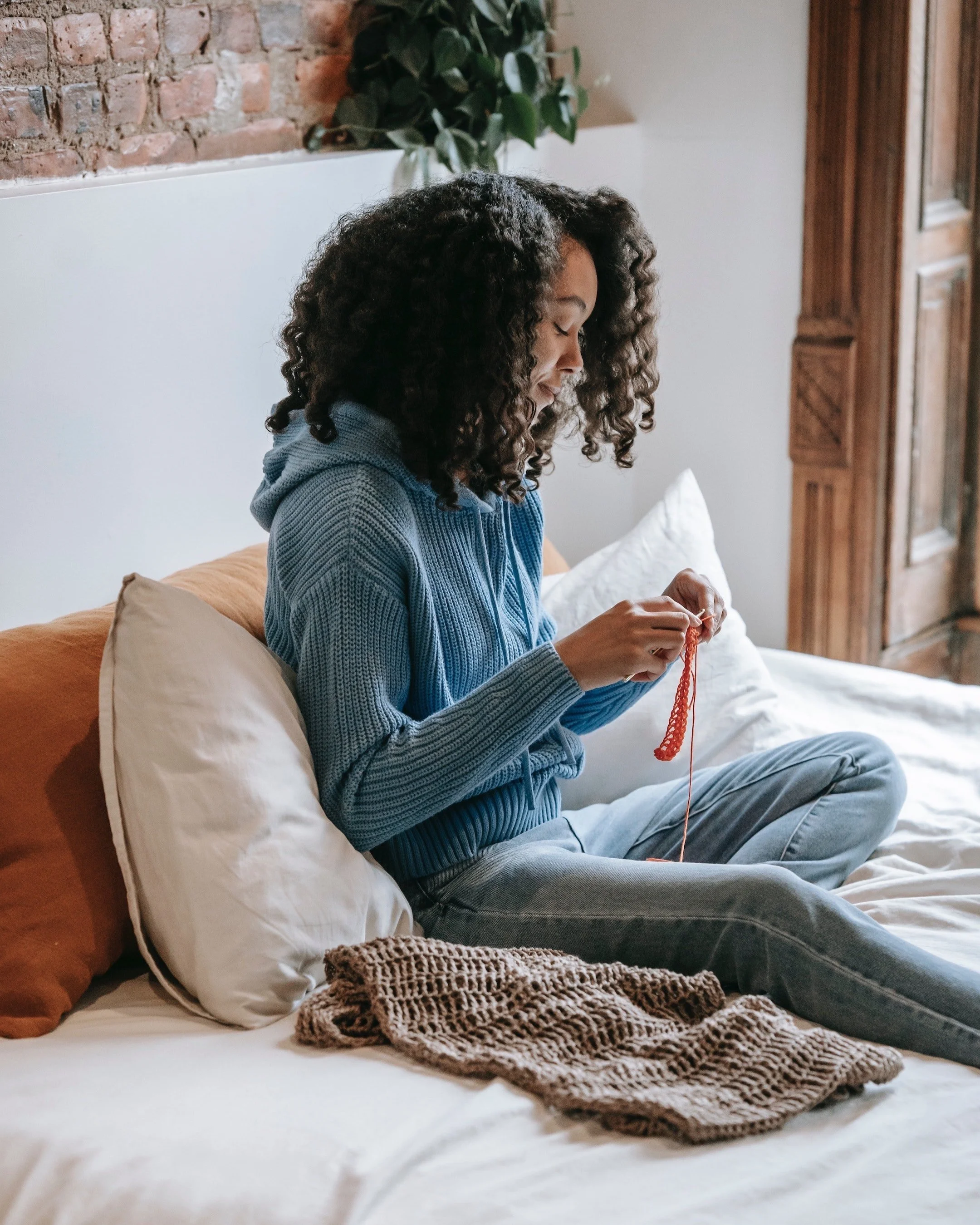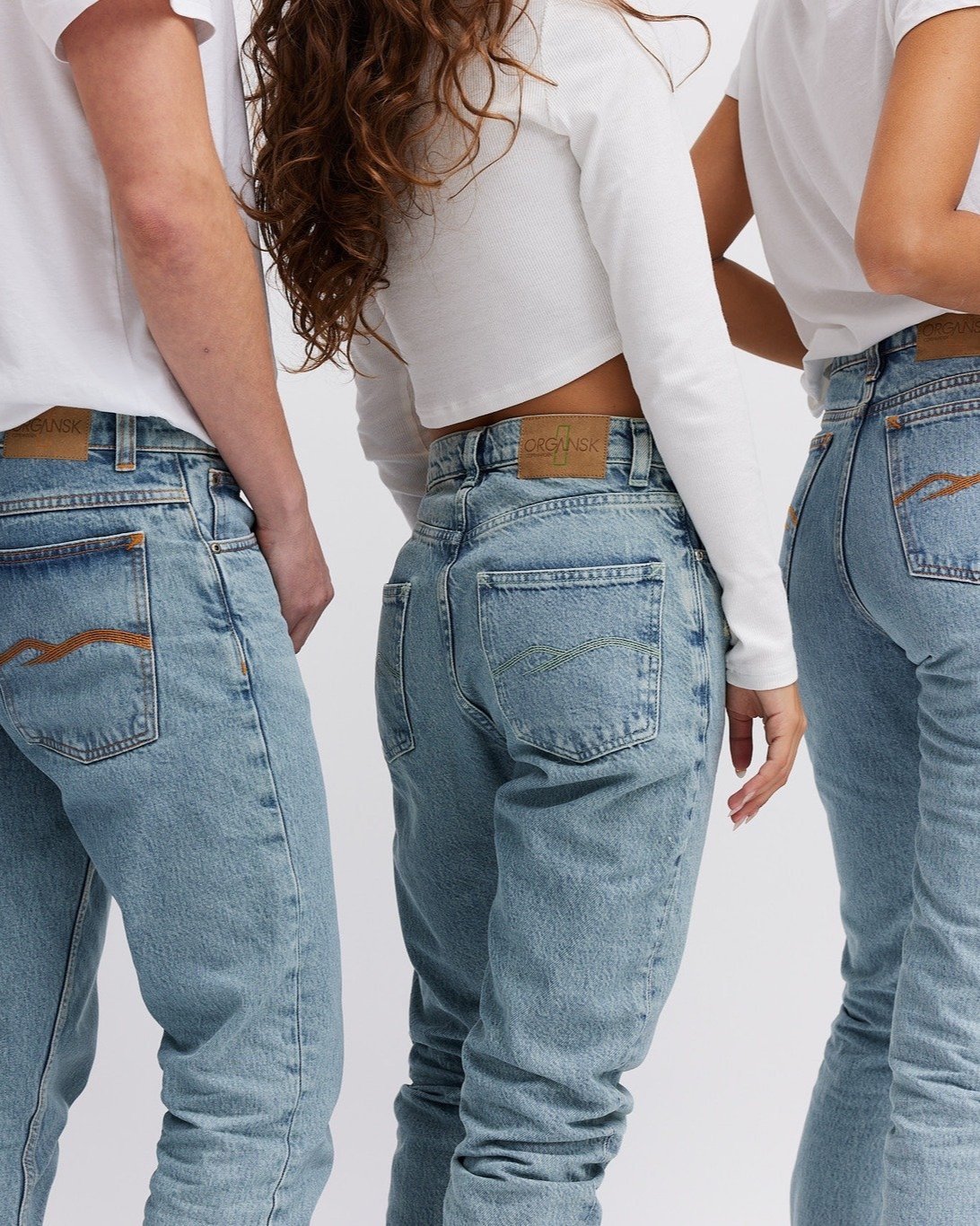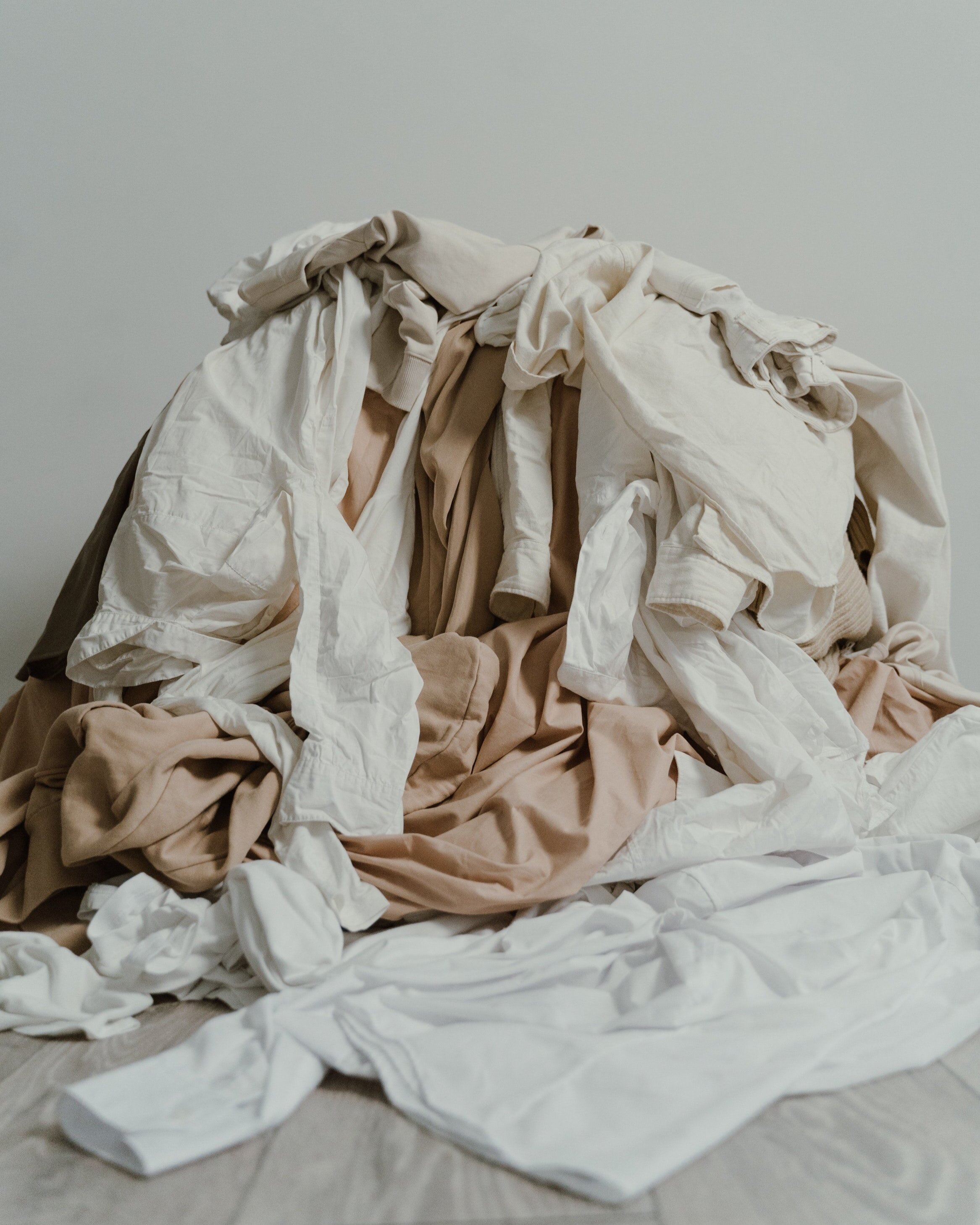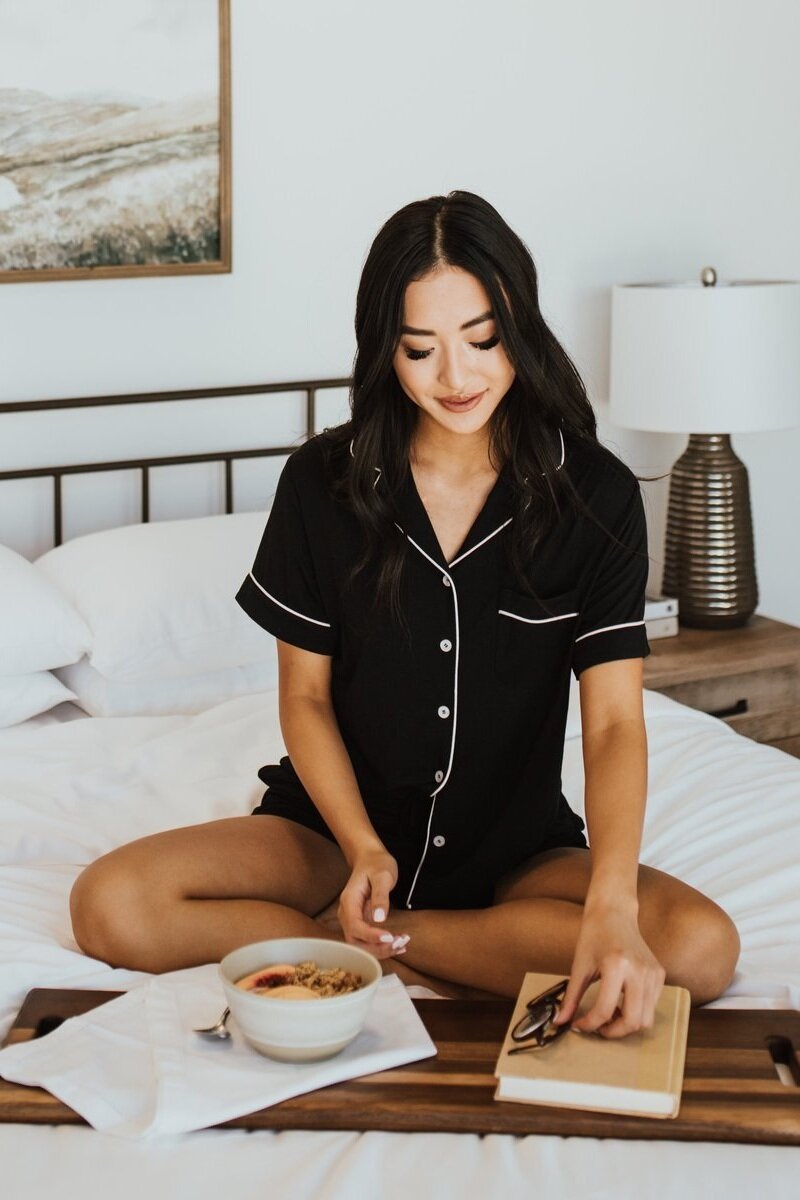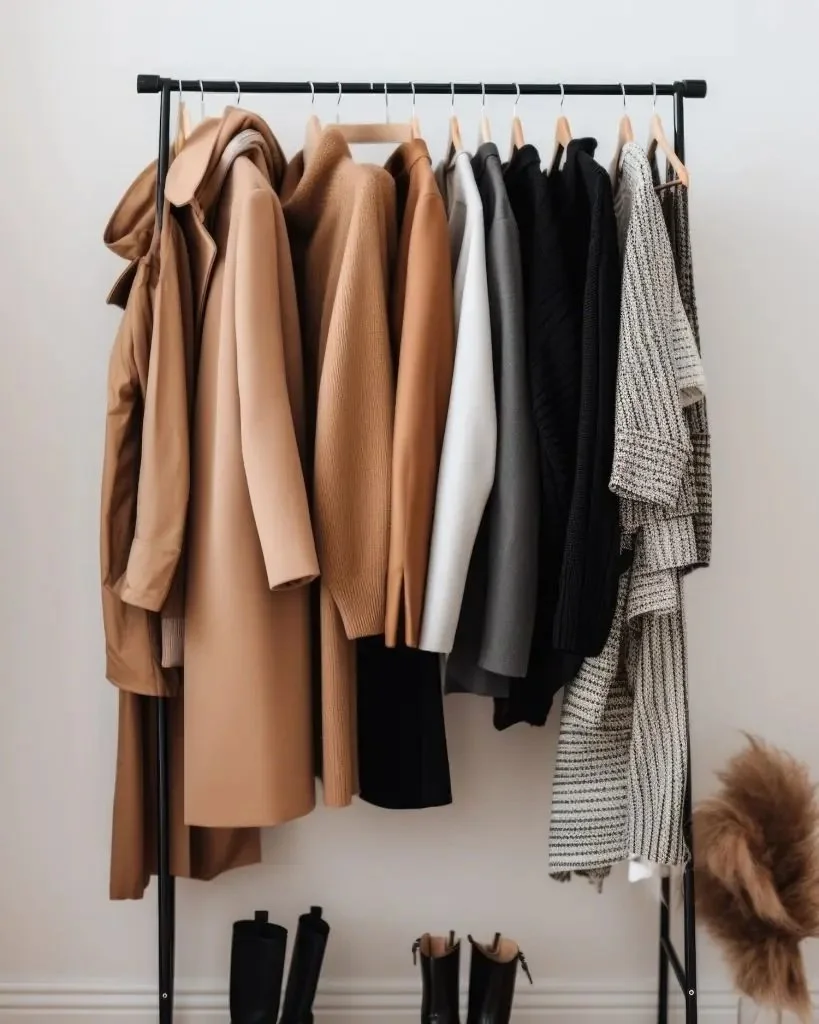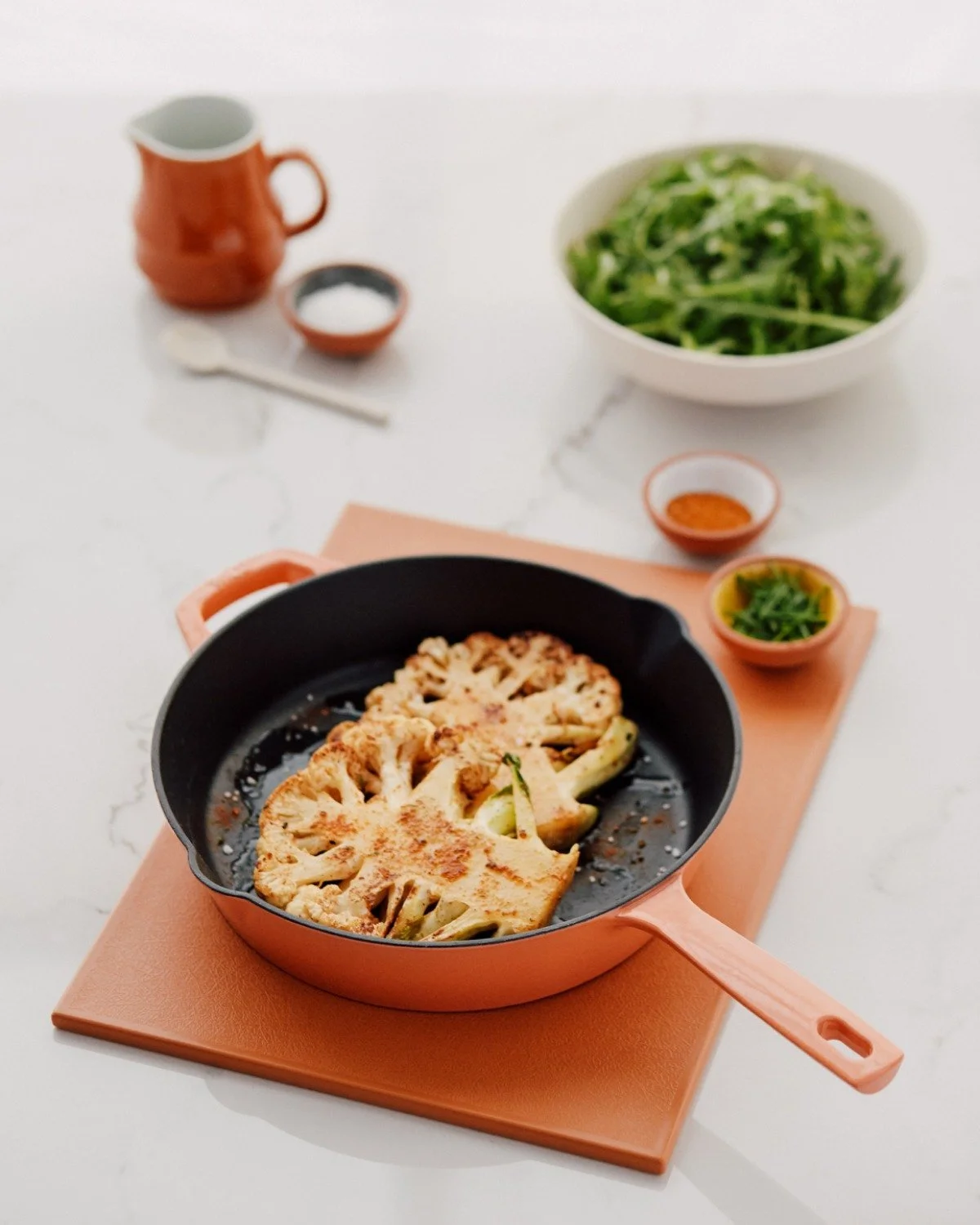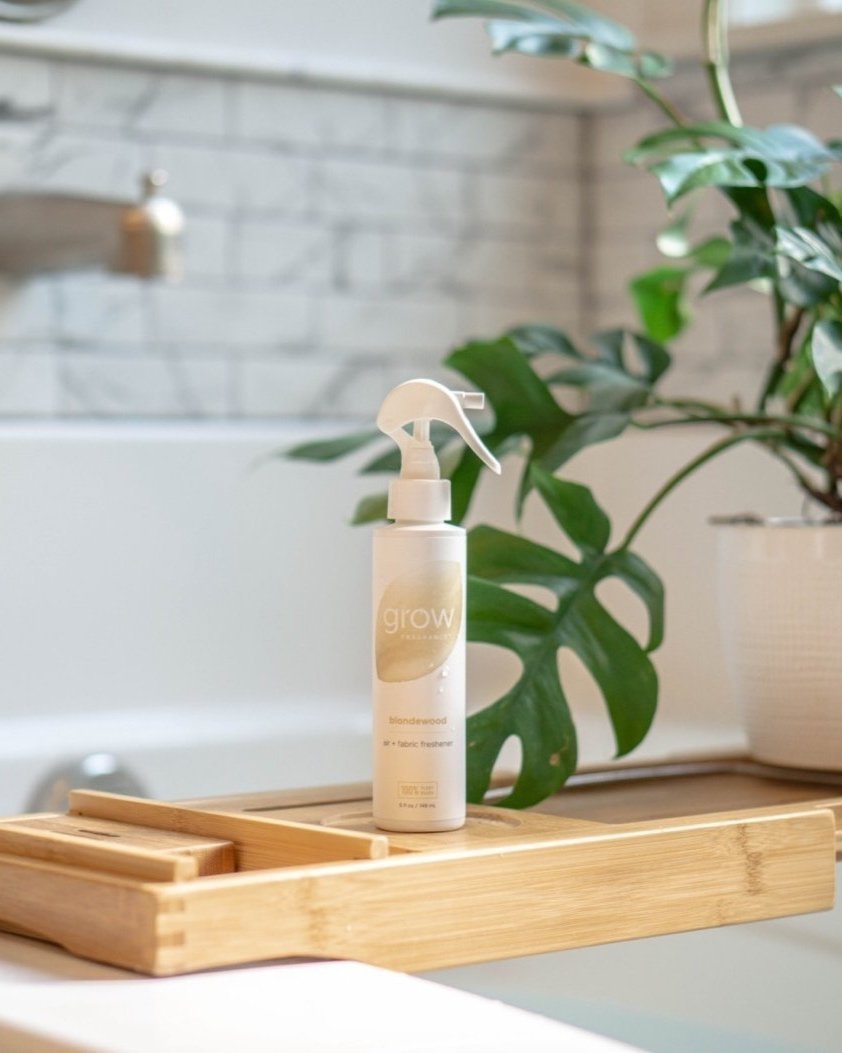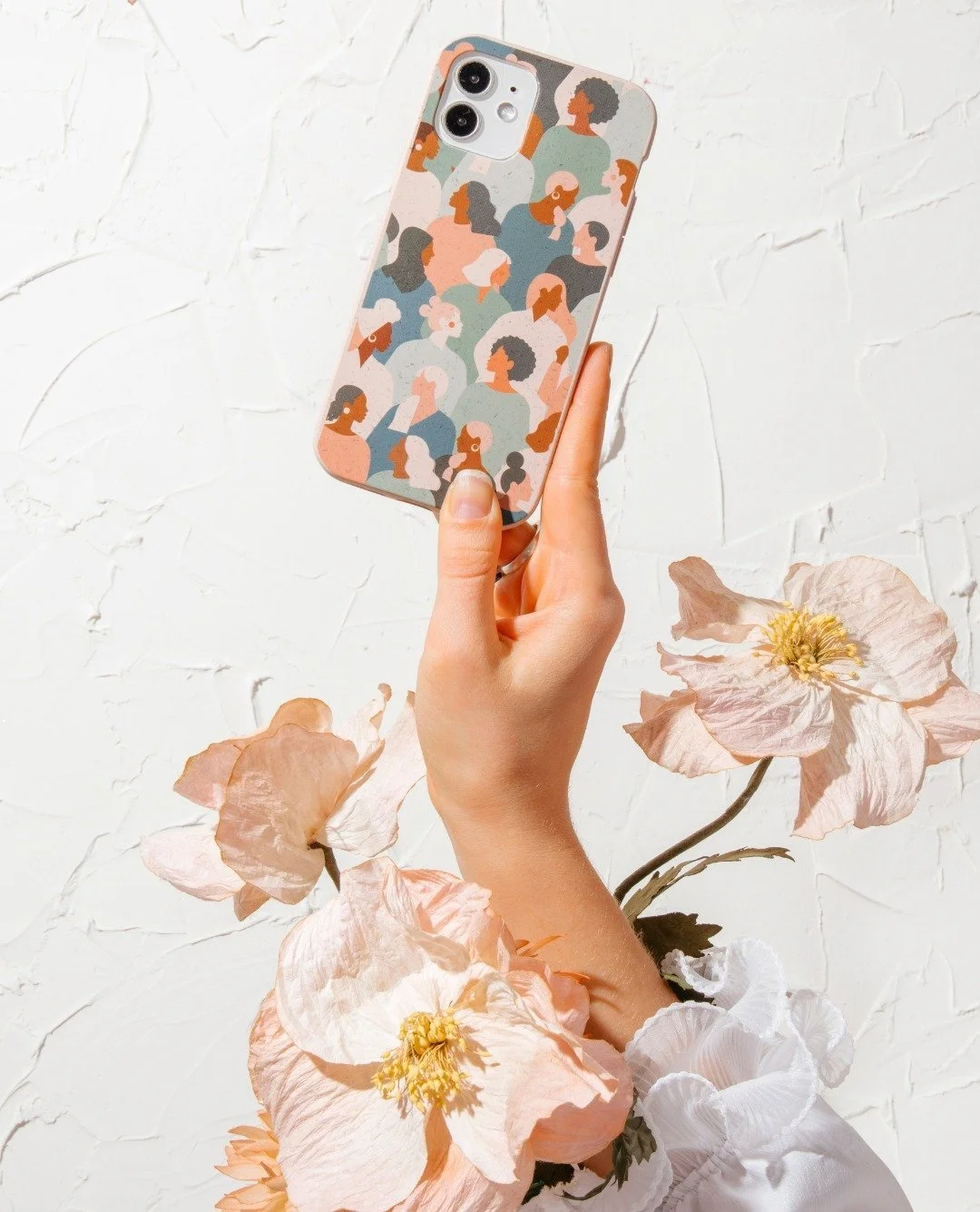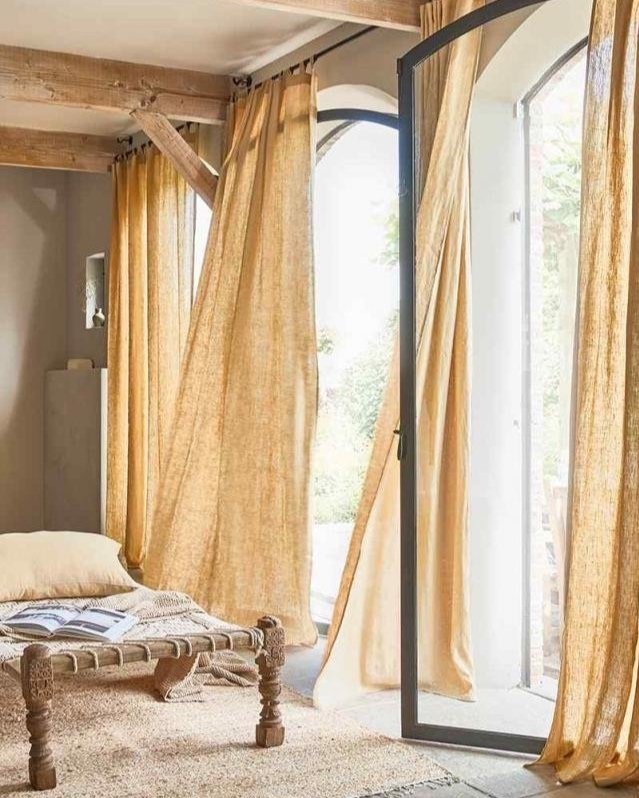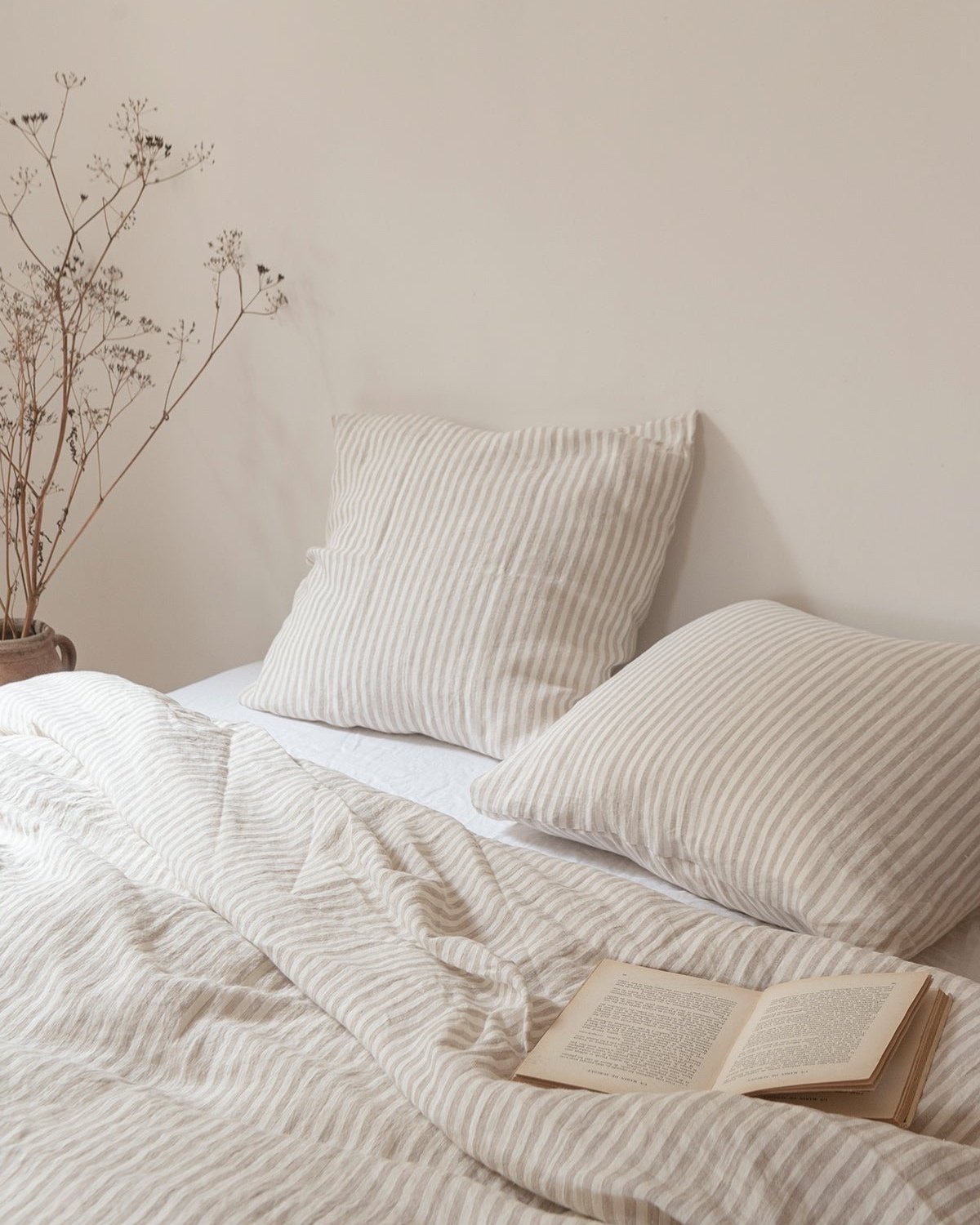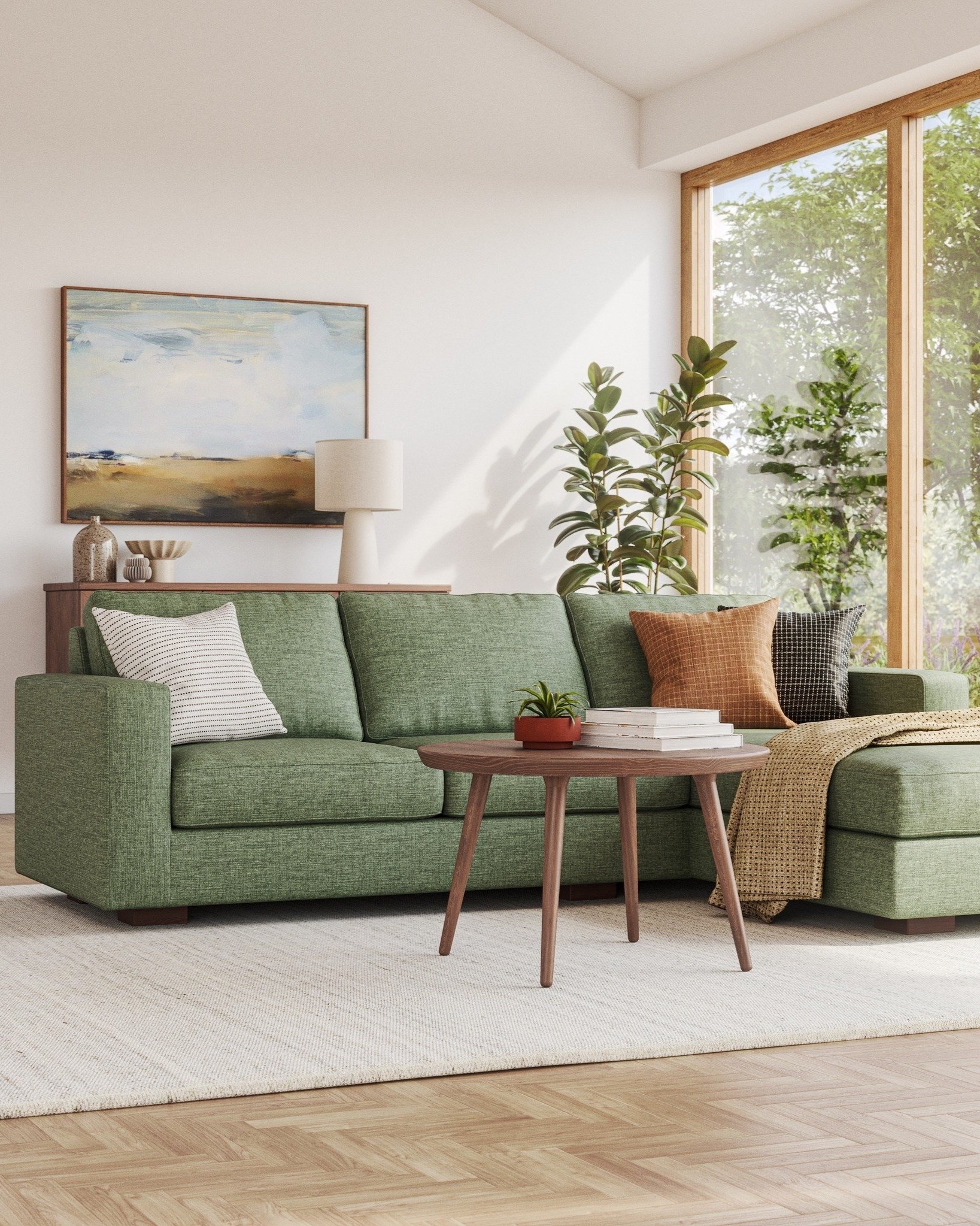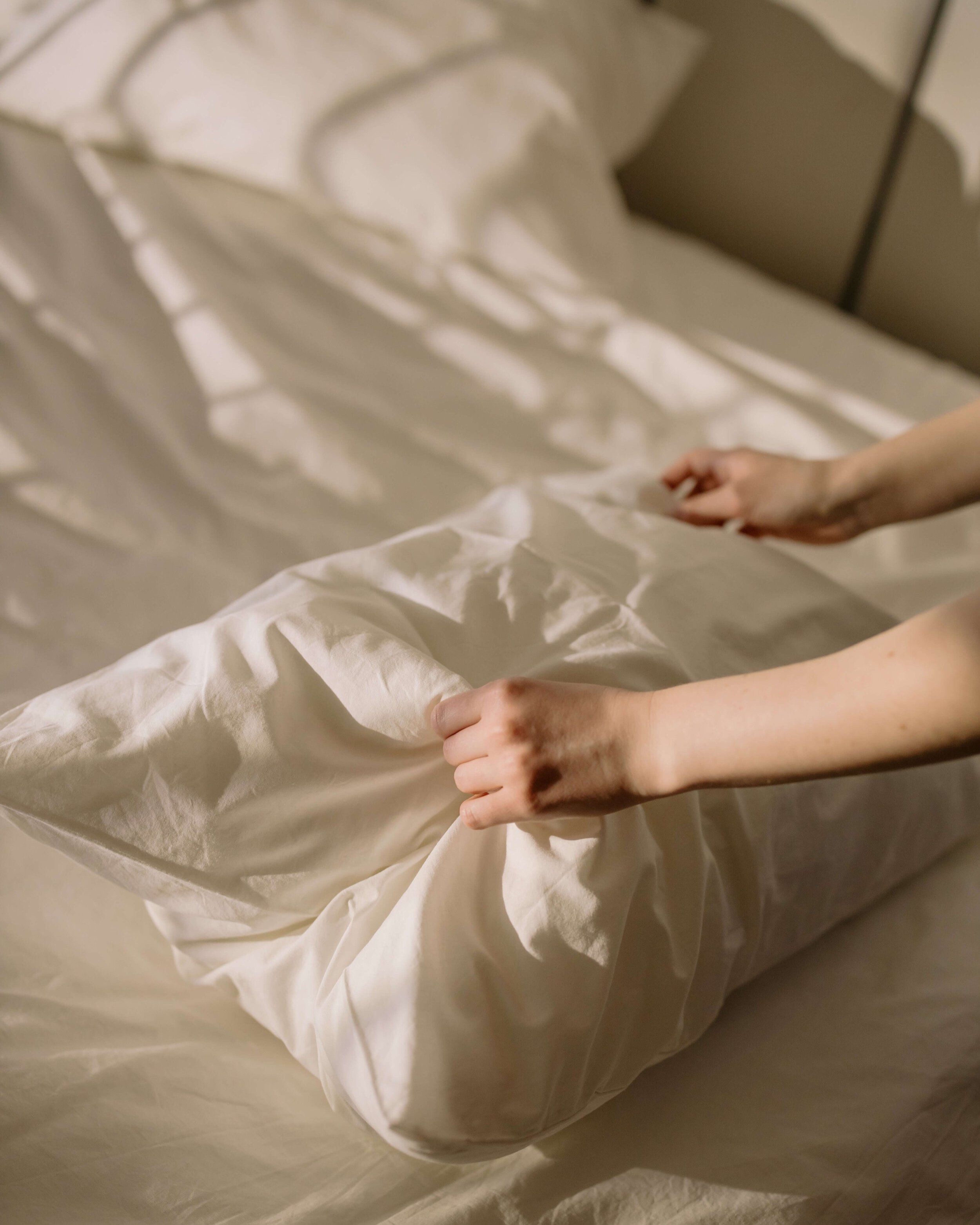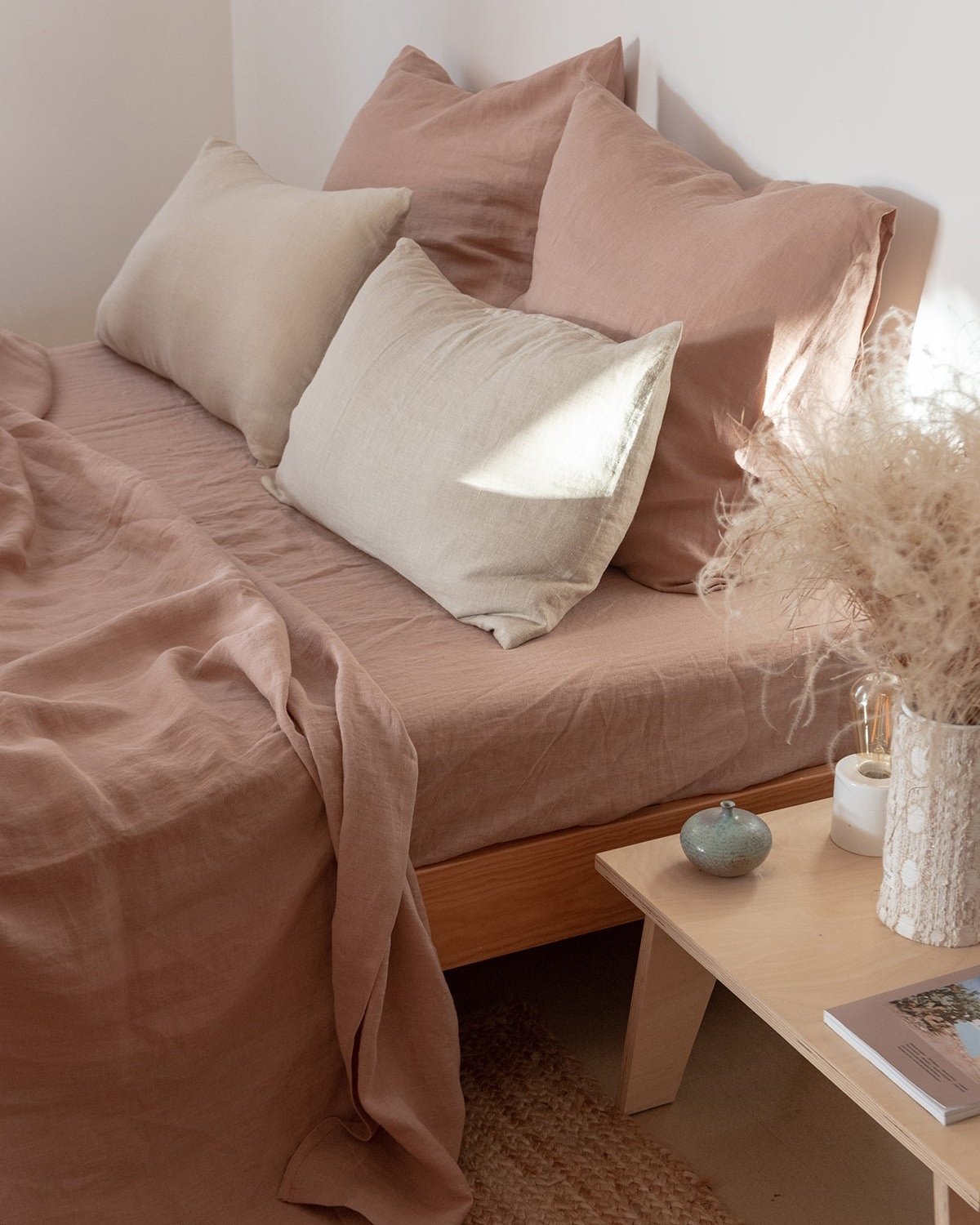50 Fast Fashion Brands We Should Avoid
Here are 50 examples of fast fashion brands you should avoid if you want to have an ethical and sustainable wardrobe!
1. Shein
With over 20 million followers on Instagram, Chinese brand Shein quickly became popular thanks to social media. It adds 500 products to its website each day, at very cheap prices.
Doing this, the brand contributes to the throw-away culture fast fashion brands are promoting, which comes at the cost of the environment. There is no evidence that Shein trying to mitigate its environmental impact. The brand chooses not to share information about where it makes its products and keeps its supply chain details unclear.
Shein assures that it doesn’t use forced or child labor and that it offers its workers above-average wages. Yet, it is hard to believe that the company pays its workers fairly, selling products that are so cheap. In 2020, the brand was widely criticized for posting on its website a necklace in the shape of a swastika as well as Islamic prayer mats.
2. Zara
Zara is a Spanish fashion brand that belongs to the group Inditex. While the brand uses recycled packaging and has a textile recycling program, it is not transparent about the number of resources that go into the production of its clothes.
We also do not know if it’s on track to meet its target to reduce its greenhouse gas emissions. A positive point is that Zara has a more transparent supply chain compared to other fast fashion brands. The company revealed a list of suppliers, but not for its whole supply chain.
It’s conducting audits of subcontractors to review if they’re following their Code of Conduct, but results aren’t entirely public. The company also doesn’t pay its garment workers living wages. In 2017, Zara customers in Istanbul found secret messages in clothing. Garment workers wrote the statements to claim they had to work for free before the manufacturer producing clothes for Zara went bankrupt.
3. H&M
H&M, a famous Swedish brand, is the second-largest fashion retailer in the world, and one we should avoid! In 2018, despite its promises, the company failed to pay 850,000 garment workers a living wage. Many female workers are also physically & sexually abused.
H&M hasn’t implemented anything to stop these practices in their suppliers’ factories. The brand was also accused of turning a blind eye to the plight of garment workers who denounced inhumane working conditions leading to the deaths of more than 100 people.
Is H&M more sustainable than it is ethical?
The brand has made great progress in eliminating harmful chemicals, like PFCs, phthalates, and APs/APEOs from its products. It also has a textile recycling program, but only 35% of clothing gets recycled. The brand should do better to mitigate its environmental impact and reduce its greenhouse gas emissions. Maybe H&M should start by donating its unsold clothes instead of burning them?
4. Temu
Temu does not disclose any information on its labor practices. We can’t determine if the people making these goods receive fair treatment, but it’s reasonable to conclude that with such low price points, paying a living wage becomes incredibly challenging.
When you conduct a quick search for a ‘sundress,’ you'll find an overwhelming number of options available at remarkably low prices. While the specific materials used may not always be readily apparent, it seems that the majority of these clothing items are made from synthetic fabrics, particularly polyester. These synthetic fabrics are derived from petroleum, essentially making them a form of plastic. The production of synthetic fabrics has negative implications for the environment, and these materials take hundreds of years to decompose.
Due to Temu's consistent lack of accountability in ensuring product safety, it is advisable to prioritize caution and favor companies, particularly those based in the US, that adhere to more stringent regulations. Additionally, Temu's parent company, Pinduoduo, has been embroiled in multiple privacy scandals over the past few decades, further raising concerns about their business practices.
5. Forever 21
Forever 21 is an American fashion retailer that sells very cheap clothing, but this comes with a social and environmental cost. On its Social Responsibility page, we can read: “Forever 21 also shares the goal of eliminating child labor and forced labor”. Does it mean that the company still uses these abusive working practices?
US Labor Department investigators found that workers at a factory in Los Angeles were paid as little as $4 per hour, much less than the state minimum wage. Forever 21 also refused to sign the Bangladesh Accord on Fire and Building Safety, which shows how much the company cares about its workers.
The brand lacks transparency regarding the production methods of its products and their origins. We also do not know if it’s doing something to mitigate its huge environmental impact. Alongside many other scandals, Forever 21 was accused of body-shaming after sending diet bars to customers who ordered plus-size clothing.
6. Amazon
Although some people who do not have access to sustainable products locally can find great options on Amazon, this giant online marketplace is far from being ethical and eco-friendly. This is particularly true when we look at its in-house fashion brands (there are more than 50 available!).
These brands do not use sustainable fabrics to make their clothes, nor do they take action to minimize their waste and use of water or hazardous chemicals. Amazon frequently uses excessive packaging when shipping its products. The company powers its direct operations with renewable energy, but what about its supply chain?
Amazon’s business model also raises many ethical issues. Workers work in terrible, inhumane conditions; former employees revealed they were forced to pee in bottles and placed under surveillance.
Because of the company’s next-day delivery service, workers also have to work at an incredibly stressful, unhealthy pace. We also do not know whether Amazon pays all its workers a living wage. Plus, some of its suppliers in China were accused of using forced labor!
7. Nike
Nike is the largest and most recognizable athletic brand in the world, with sales reaching over 49 billion dollars in 2022.
The brand has come under fire multiple times in the past for using sweatshops and child labor, paying workers below minimum wages, and offering them terrible working conditions. Since then, it has made efforts to improve its reputation, but many of its practices remain problematic.
In 2017, Nike prevented labor rights experts from assessing its factories. A year later, a report by the Clean Clothes Campaign revealed that the company still failed to provide garment workers with decent, living wages. Two former female employees also sued Nike for creating a toxic culture of gender discrimination and sexual harassment. And more recently, in 2023, it faced a lawsuit over greenwashing claims.
While Nike has started using some sustainable fabrics, like recycled nylon and organic cotton, and has taken steps to reduce its environmental footprint, there is still a lot of room for improvement. Come on Nike, just do it!
8. Lululemon
Lululemon, recognized as one of the leading brands in the athleisure industry, has faced increased scrutiny over a variety of concerns in recent years, including allegations of greenwashing, racism, fatphobia and child labor.
One of their notable marketing campaigns, titled "Be Earth," claims to prioritize environmental responsibility, stating that the brand's "products and actions avoid environmental harm and contribute to restoring a healthy planet." However, this declaration raises questions when we consider that Lululemon uses a significant portion of petroleum-based synthetic fibers, such as polyester and nylon, in its product line. These materials come from non-renewable resources and contribute to environmental degradation through their production processes and disposal at the end of their life. Given the reliance on these harmful materials, many critics argue that Lululemon's efforts fall short of genuinely fostering a healthier planet, revealing a disconnect between their branding and actual practices related to sustainability.
9. Adidas
Adidas has a long and complicated history regarding labor practices within its supply chain, particularly in relation to the manufacturing of its products in developing nations. Many of the factories producing Adidas items are located in countries such as China, Indonesia, and Vietnam, where labor conditions often raise significant ethical concerns. Workers in these facilities frequently endure low wages that do not align with the cost of living, leading to financial insecurity.
In addition to receiving inadequate compensation, these workers often face hazardous working conditions. Reports from organizations like the Clean Clothes Campaign have shed light on various issues, including inadequate safety measures, excessive working hours, and a general disregard for labor rights. These conditions can result in not only physical harm but also mental strain for the employees.
Despite Adidas’s efforts over the years to enhance labor practices and improve worker welfare—such as implementing codes of conduct and engaging in various corporate social responsibility initiatives—reports indicate that challenges persist. Investigations have highlighted ongoing violations related to workers' rights, pointing to a complex web of supply chain management issues that the company continues to grapple with. Therefore, while advancements have been made, the quest for fair and ethical labor practices within Adidas's supply chain remains an ongoing struggle.
10. Uniqlo
Uniqlo, a Japanese retailer founded after World War II, has grown into a global brand with over 2,300 stores.
However, the company has faced multiple accusations for violating human and labor rights in recent years.Workers in Uniqlo’s factories are compelled to work excessive hours in an unsafe environment, earning unfair wages, and they are regularly punished.
A former Uniqlo employee in Australia reported that they had to fold seven shirts per minute, work 18-hour days, and everyone developed some form of PTSD because of the toxic bullying culture.
In 2021, Uniqlo shirts were blocked at the US border because they were suspected to have been made with cotton from the Chinese Xinjiang region where there have been cases of forced labor.
Although the company has a recycling program and it uses some eco-friendly materials in its products, Uniqlo is still far from being sustainable. The brand doesn’t seem to be doing much to reduce its carbon footprint.
11. Fashion Nova
Fashion Nova is an American retailer that was the most searched fashion brand on Google in 2018. It became so popular thanks to various Instagram influencers and celebrities.
However, the brand is one of the most opaque we can find, as it received a score of 0% in the Fashion Transparency Index in 2021.
The company’s business model is also far from being sustainable. Fashion Nova releases around 600 new products each week, thus promoting hyperconsumption. Not to mention that most of its clothes are made with synthetic materials, like polyester, acrylic and nylon.
To top it all, Fashion Nova has been accused of working with Los Angeles factories that underpay their workers, offering them less than minimum wage. Some of these employees earned as little as $2.77 per hour! Others reported that the working conditions were very bad and that they worked alongside cockroaches and rats.
12. Gap
Gap was founded in 1969 and it is now the fourth largest fashion retailer in the world, based on sales revenue. The company owns other smaller brands like Athleta, Banana Republic and Old Navy.
We have no evidence that Gap pays fair wages and offers decent and humane conditions for its workers. Over the years, the brand has been accused of partnering with factories using child labor and it is hard to know whether the company stopped this practice.
Gap also does not disclose anything about where its materials come from. And, even though the brand states that it has been working on using more sustainable materials, it remains unclear on the topic.
We do not know if the company achieved its goal of reducing its greenhouse gas emissions by 50% in 2020. Did Gap’s silence mean it did not meet its target? Probably!
More recently, in 2021, Gap was fined $200,000 for violating Canada’s anti-spam regulation. Another reason for avoiding this brand!
13. Old Navy
Old Navy is an American clothing retailer that is owned by Gap Inc, and it has more than 1,000 stores across the world.
In 2013, Old Navy was accused of working with factories that employed girls as young as 12 years old. In other partner factories, workers were regularly beaten and pregnant women were fired or forced to work for 100-plus hours a week.
As Old Navy’s supply chain is not certified by any labor standards, it is difficult to determine whether these unethical practices have stopped.
The company received a score of 49% in the Fashion Transparency Index in 2021. While it is far better than many other fast fashion brands, it is still not enough. Old Navy should provide more information about the manufacturing process to its customers.
Old Navy has been using water-saving techniques to produce its denim as well as some sustainable materials. A significant amount of clothing still uses synthetic fibers, and the brand can take more effective steps to reduce its environmental footprint.
14. Primark
Irish company Primark is one of Europe’s largest fashion retailers. As the brand outsources the manufacturing of its products, it has no influence over the working conditions of garment workers.
Primark states that factories must adhere to a Code of Conduct, but evidence shows that workers do not receive fair wages and often work in unsafe and unsuitable conditions. Customers have found “SOS” messages in Primark clothing, written by Chinese inmates working in garment factories. They were claiming to work for 15 hours each day and denouncing inhumane labor practices.
While Primark shares the locations of most factories it is working with; there’s room for improvement in terms of transparency. The company is a member of the Sustainable Apparel Coalition, and it has been donating unsold clothing to charities. Yet, there is not enough relevant information about what Primark is doing to reduce its huge environmental footprint. It also should do better to mitigate it.
15. Victoria’s Secret
Victoria’s Secret is one of America’s most famous lingerie brands. The company signed the Greenpeace “Detox my Fashion” campaign aiming to eliminate all hazardous chemicals from its products and supply chains by 2020. At this point, we do not know whether the brand met its target.
IVictoria’s Secret hasn't made any noticeable progress in reducing its environmental footprint, and the company primarily uses unsustainable materials in its products. Additionally, it falls short in the social aspect because its supply chain lacks certification by official labor standards. This raises concerns about whether garment workers receive fair wages and are treated ethically.
While ten years ago, the brand was accused of using child labor, it is again at the heart of another scandal. Many models were sexually harassed and bullied by two top executives, and those who complained about this lost their jobs shortly after.
16 (17&18). Urban Outfitters (also Anthropologie & Free People)
Founded more than 50 years ago, Urban Outfitters is one of America’s largest fashion retailers. But does it mean we should shop there?
Apart from saying that it installed LED lighting in its stores and solar panels on the roof of its distribution center, Urban Outfitters doesn’t disclose any specific information about what it’s doing to help the environment, probably because it’s not doing much! Customers do not have access to information about the brand’s supply chain and where its suppliers are located. The company does not provide evidence that it pays its workers fair wages.
Back in 2015, Urban Outfitters asked its employees to work for free on the weekends, as it would be a “great team-building activity”. In 2020, the company was, once again, accused of stealing the design of an Australian indigenous artist and using it to sell outdoor rugs.
19. American Eagle
Founded in 1977, American Eagle is a lifestyle, clothing and accessories retailer that has over 1,000 stores around the world.
The company seems to have taken a few steps to become more sustainable, like with its sustainable jeans collection made from 100% organic cotton. But, there is still so much the brand can improve!
American Eagle states it plans to become carbon-neutral by 2030, but it does not provide information for us to know if it is on track to meet its target. The brand was ranked among the worst in Remake’s second annual accountability report published in 2021.
American Eagle recently decided to stop selling plus-size clothing in its physical stores, and it is now only selling them online. This discriminatory practice is a good enough reason to stop shopping there!
The brand also works with Chinese factories that are using sandblasting to make jeans, a dangerous process that can cause a fatal respiratory disease called silicosis.
20. ASOS
ASOS has become one of the most popular fashion brands in the past few years, with almost 15 million followers on Instagram. It has its own collections, but also carries hundreds of brands, many of which you can find on this list.
The brand constantly changes its styles to follow trends and often hosts flash sales to encourage us to spend more.
ASOS had previously taken steps to introduce sustainable fabrics in its clothes with the “Responsible Edit” collection. However, the brand took this collection down in 2022 without any public announcement. Surprisingly (or not), it happened just several weeks before the British Competition and Markets Authority’s investigation regarding potential greenwashing issues.
Even worse, ASOS was caught using child workers in its supply chain a few years ago, and it is difficult to know whether the brand has stopped these practices. There is also no evidence that workers in its supply chain receive a decent living wage.
21 (22). Abercrombie & Fitch (also Hollister)
Abercrombie & Fitch, a fashion retailer, has a 130-year history and has gained significant popularity among young people over the past 20 years.
The company could be more transparent with its customers. Although Abercrombie & Fitch published a list of factories it is working with, it does not provide evidence of any third-party audits that might have taken place to monitor the working conditions.
It is hard to believe that labor rights are respected as the brand failed to sign the new Bangladesh Accord on workers’ safety in 2021.
Abercrombie & Fitch regularly faces criticism for its discriminatory and body-shaming practices. For a long time, the company did not produce or sell XL and XXL sizes.. CEO Mike Jeffries stated that he “doesn’t want larger people shopping in his store” and that they “hire good-looking people”.
Although Abercrombie & Fitch has begun to take steps toward being more eco-friendly, it still primarily produces clothing using unsustainable and synthetic materials. There is a lot of room for improvement!
23. GUESS
GUESS, the American designer clothing brand founded in 1981, has gained immense popularity worldwide. The brand has taken steps towards sustainability by implementing water-saving practices in its supply chain. However, it still has a long way to go before earning a reputation as truly eco-friendly. GUESS has launched a more sustainable clothing line using eco-friendly fabrics like linen, Tencel, organic cotton, and recycled materials. Despite this effort, these sustainable fabrics often compose only a small percentage of each garment, and the majority of GUESS's clothing remains made from unsustainable materials.
Part of its supply chain is certified by Sedex, WRAP, and BSCI, but we do not know whether the company ensures payment of living wages to all its workers.
One of GUESS’ founders was also accused of sexual harassment and assault by different models working for the brand. Some of the accusations date back to 2009, and the company had turned a blind eye to the issue up until recently!
24. Boohoo
British fashion retailer Boohoo has been growing quickly in the past decade. The brand seems to make many promises, but doesn’t do much to improve in the social and environmental spheres.
The company states it’s going to disclose in 2021 its factory list and purchasing practices, as well as its social impact strategy to support local communities. We’re still waiting, Boohoo! The Sunday Times recently investigated and found that workers in a Leicester factory were making as little as £3.50 per hour. It's far below the national minimum wage.
Workers were also compelled to go to work while being sick with COVID-19, and the company provided barely any protective equipment nor hand sanitizer.The Environmental Audit Committee published a report naming Boohoo as one of the least sustainable fashion brands in the UK. Not surprising for a brand selling so much bad quality clothing!
25. PacSun
This teen-oriented brand offers a wide range of clothes, including pieces from other brands like Brandy Melville and Adidas. Of course, some of these are more or less sustainable and ethical than others.
Most products on PacSun’s website use unsustainable materials. The brand features a “sustainability shop” that offers clothes made from eco-friendly fabrics like organic cotton and recycled polyester. However, many of these items contain mixed synthetic materials. It also has jeans made from “sustainably sourced cotton”, but the company does not explain what it means.
PacSun has a recycling program for old jeans as well, but these sustainability initiatives are not enough. PacSun should be doing more to reduce its environmental footprint.
The brand fails to demonstrate that all workers in its supply chain receive fair wages. To top it all off, in 2015, a former employee filed a wage theft lawsuit against PacSun!
26. Hot Topic
Hot Topic is a fast fashion brand selling pop culture and music-inspired clothes and accessories in about 700 stores across the United States.
The company has a Code of Conduct its suppliers must follow, but it is far from being enough. In 2021, workers at the Rochester store (in Minnesota) walked out to protest low wages and poor workplace conditions. They said they could no longer support themselves and their families!
Hot Topic also does not even have a “sustainability” page on its website, which shows how little it cares about the planet and its environmental impact. So we do not know whether it does something to reduce its footprint.
Hot Topic primarily uses conventional cotton and synthetic fabrics such as polyester and acrylic for nearly all its clothing. Additionally, the company does not provide information about the factories it collaborates with or the locations of its product manufacturing.
27. Pretty Little Thing
Pretty Little Thing operates as a British brand owned by Boohoo, which is often criticized as one of the worst fast fashion brands.
Like Boohoo, Pretty Little Thing embraces the fast fashion model by quickly releasing new styles and offering them at very low prices. On Black Friday 2020, it even sold dresses for as little as £0.08! With such low retail prices, it’s impossible for workers in the supply chain to receive fair wages.
The brand also received a score of 24% in the 2023 Fashion Transparency Index, which shows its lack of transparency about what it does for the environment and human rights, and its impacts throughout its supply chain. Not so pretty!
What’s more, Pretty Little Thing wants us to believe it is sustainable, publishing a blog post about “sustainable fashion tips”. How funny!
The company primarily makes its clothes from polyester, and it actively encourages customers to return their unwanted items for recycling in exchange for discount coupons. This practice promotes overconsumption and contributes to waste.
28. Wish
Wish is an online e-commerce platform selling about 900,000 items per day, among which many clothes, shoes, and fashion accessories. The company offers extremely low prices, which encourages overconsumption and waste. We can find clothes retailing for as little as $1!
With prices this low, we can confidently say that there is no way Wish pays its supply chain workers fairly. It is also no surprise that customers constantly criticize the quality of the products and say they fall apart after just a few wears.
The company does not seem to be doing anything to mitigate its impact on the planet and to guarantee its workers’ well-being. And it is not transparent about its supply chain at all.
Furthermore, Wish has come under fire for selling counterfeit goods, and it is even offering dangerous and illegalproducts. Another reason to avoid this unethical and unsustainable fast fashion brand!
29. CIDER
With almost five million followers on Instagram and more than four million likes on TikTok, CIDER has become one of social media’s most popular fashion brands since its creation in 2020. But it is definitely not the most sustainable and ethical!
The brand states that “the monthly wages of all employees shall not be lower than the local minimum wage”. The problem is that the minimum wage in China, where CIDER produces its clothes, is way below what people need to live decently.
The company also only discloses three of its suppliers as an example, but how about the others? CIDER has not provided any evidence that it ensures humane treatment and safe working conditions for its workers.
Although CIDER has introduced some recycled polyester in its products, nearly all of them still consist of virgin polyester and other synthetic fabrics.
The brand says it adjusts its production based on real-time demand, which helps reduce waste. But it stays very vague, and it does not seem to have taken action to minimize its greenhouse gas emissions.
30. Topshop
Topshop, a British fast-fashion brand owned by ASOS, is a brand we should actively avoid.
In 2010, many demonstrations took place in the United Kingdom to protest against Topshop’s owner, Philip Green, who deliberately avoided paying hundreds of millions of pounds in tax.
While Philip Green’s net worth was £4.3 billion in 2016, cleaners who worked at Topshop stores reported that their wages didn’t cover rent and food as they were paid below the London living wage. When they asked for decent wages, the staff was bullied and victimized.
Topshop recently created a vegan shoe collection and a clothing line using sustainable materials. However, the brand hasn’t set any greenhouse gas emissions reduction target, nor has it implemented anything to reduce water usage and hazardous chemicals in the supply chain.
The company also produces very cheaply-made, trendy clothing, so its business model itself is unsustainable and unethical.
31. Brandy Melville
Brandy Melville is an Italian fashion brand founded in the 1980s in Italy. It opened its first store in the United States in 2009, and it quickly became very popular among teens.
The most striking issue with this brand is its unique sizing. Brandy Melville states that “one size fits most”, so almost all its clothes are made in size XS/S only.
Doing so, the brand promotes the idea that all women should be very skinny, which makes many girls feel uncomfortable in their own skin and want to lose weight, even when they don’t have to. The brand’s body-shaming is inadmissible!
Brandy Melville also does not seem to do anything to reduce its (huge) environmental footprint, and it is far from being an ethical company.
Many employees reported being fired for cutting their hair or gaining weight. Others stated that your appearance determined the pay rate and that “you will not get hired at a Brandy store if you are black”
32. Garage
Garage is a Canadian fashion retailer that has over 230 stores across North America.
The brand could do a lot better in terms of transparency: it does not disclose anything about how its products are made and where, and there is no information about the factories involved in the manufacturing process.
Garage’s supplier code of conduct is very short, and it states that factories must set their working hours, wages and overtime pay in compliance with applicable laws. However, if the clothing is made in developing countries where those laws are non-existent, workers’ rights might not be respected. It is probably the case when we look at how cheap the brand’s products are!
Garage’s clothing is made with a lot of synthetic fabrics, which are very unsustainable. The company started a “sustainable denim” line, praising the fact that its jeans are made with organic cotton. But when we look closely, the fabric is made using only 25% of organic cotton. Garage, you can do better!
33. Romwe
Founded in 2010, fast-fashion brand Romwe encourages people to “discover new things you didn’t know you needed” on its website. This statement already says a lot about the brand and how it promotes hyperconsumption.
Encouraging its customers to buy more and more clothing and accessories, Romwe’s business model is inherently unethical and unsustainable. Its prices are extremely cheap, so I highly doubt that the workers who make Romwe’s clothing are paid fairly.
The brand’s customers regularly complain about sizes being completely off, deliveries taking months to arrive, and clothes being so cheaply made that they quickly fall apart. Romwe’s customer service is almost non-existent, and it is very hard to get a refund if you want to return a product.
The company was also caught selling animal fur that was marketed as cruelty-free and vegan faux fur. Plus, Romwe doesn’t seem to do anything to reduce its environmental footprint.
34. Nasty Gal
Nasty Gal is a Los Angeles-based retailer owned by Boohoo that sells cheaply made clothes for young women.
Even though the brand launched a (small) sustainable line, the initiative seems minuscule compared to the fact that the vast majority of Nasty Gal’s clothing is made from synthetic materials.
Nasty Gal is also very opaque and should disclose more information about its supply chain. The brand stated that it would publish its factory lists and purchasing practices in 2021, but nothing has been done. What is it waiting for?
We cannot know if its workers are paid fair wages and treated humanely, but it is very unlikely they are. In 2015, Nasty Gal was sued for firing four employees after they became pregnant and were about to go on maternity leave. The company has also been widely criticized for its toxic work environment.
Nasty Gal, another nasty brand we should avoid!
35. Mango
Mango is a Spanish fashion retailer with a large network of stores in 110 countries. The brand has been making some progress to become more sustainable. It’s producing more and more clothing with organic cotton and recycled polyester, and it has taken steps to eliminate the hazardous chemicals PFCs.
While it discloses the precise numbers of its factories’ greenhouse gas emissions, Mango has not yet set a target to lower them. It has also not revealed how it plans to reduce them and has not published a list of its factories. The brand's Code of Conduct reveals that minimum-wage workers are paid the “legal minimum, not the recommended wage level”. Mango should do better and pay its garment workers living wages!
The brand also refused to disclose its donation to the fund that was set up to compensate the families of the 1,134 garment workers who died in the Rana Plaza collapse in Bangladesh back in 2013.
36. Missguided
Missguided, a UK fashion retailer, markets itself as not only selling fast fashion, but also “rapid fashion”. Indeed, the brand launches 1,000 new styles every week!With this practice, Missguided is promoting over-consumption, which contributes to the massive amounts of textile waste we produce each year.
Apart from disclosing vague information on its Corporate Social Responsibility page, the company doesn’t seem to be doing anything specific to reduce its environmental impact.It’s not so surprising that, like Boohoo, Missguided was named one of the least sustainable fashion brands in the UK.
While the brand’s mission is to "empower women", female workers are paid significantly less & are less likely to receive a bonus compared to male employees. We also don’t know if these workers are paid living wages.In 2017, the brand was caught selling products that were supposedly “faux fur”, containing real fur from cats, raccoon dogs, minks, and rabbits.
37. YesStyle
YesStyle is an online retailer that sells fashion, skincare and lifestyle products from multiple Asian brands.
The main issue with YesStyle is how opaque the brand is. As consumers, we are allowed to know where the products we buy come from and who made them!
The brand does not disclose anything about its supply chain, how the products on its website are made and where. YesStyle also does not have any greenhouse gas emissions reduction target, and it does not seem to take steps to reduce its environmental footprint.
YesStyle does not have any code of conduct for the brands it works with and their suppliers. It means that there is no evidence that these brands ensure fair wages and decent working conditions for their workers.
Some customers reported that they had received misshapen and damaged clothes
It is not surprising as all the products sold on YesStyle are extremely cheap, which probably reflects their poor quality.
38. VRG GRL
Australian fashion brand VRG GRL has taken steps to use sustainable fabrics in its pieces. It has an entire line of clothes made from linen, and some of its products contain recycled polyester or Tencel. So it is a start, but definitely not enough!
Most of its clothes are produced with synthetic fabrics and other unsustainable materials like conventional cotton. It also uses wool without disclosing its sources.
Another striking point is its complete lack of transparency about its supply chain. VRG GRL does not share anything about its suppliers and factories, and we do not even know where its clothes are made.
The brand describes itself as “passionate about fashion and freedom”, but does it really care about the freedom and rights of its workers? We do not know!
One great thing though is that VRG GRL uses compostable packaging, and recycled mailers for larger orders. It also claims to donate 10% of its profits to different charities. However, it does not seem to be doing anything else to mitigate its environmental and social footprints.
39. Edikted
Edikted is a Gen Z-oriented brand that releases new styles and collections every week to keep up with the latest fashion trends. Not only is its business model inherently unsustainable, but the brand also regularly hosts flash sales, which encourages overconsumption.
Edikted primarily makes its clothes from polyester and cotton, and it does not seem to have introduced more sustainable fabrics in its collections. It states that it has a clothing line made with organic cotton and recycled polyester using a made-to-order model, but I could not find it. Does it even exist? Not sure!
We also do not know whether it is doing something to reduce its carbon footprint, water consumption, and chemical use.
Plus, Edikted fails to share its supplier list or provide evidence that it has a Code of Conduct and pays its workers fair living wages. With clothes available in sizes XS to XL (to L for many), it is also far from being size-inclusive!
40. Stradivarius
Stradivarius is a Spanish brand owned by Inditex that has over 850 stores all around the world. I could not find much on its website about what it does to reduce its environmental footprint and ensure workers’ well-being in its supply chain.
Inditex shares more about the entire group’s sustainability goals, but we do not have detailed information about what has been done to meet them. The only thing Stradivarius discloses on its website is how it has implemented different energy- and water-saving initiatives at its headquarters. This is definitely not enough!
The company does not seem to be using any sustainable materials, and we do not know whether workers in the supply chain get paid a decent wage and work in safe, healthy conditions.
Plus, Stradivarius uses wool and leather, yet it does not disclose anything about its sources and what it has done to ensure animal welfare.
41. Peacocks
Initially founded in 1884 in the United Kingdom, Peacocks has become a popular fashion brand selling clothes, shoes, and accessories in many countries in Europe.
The fact that it has several thousand styles available on its website and t-shirts retailing for as little as £2.50 demonstrates the brand’s fast fashion business model. With such low prices, it is impossible to ensure workers in its supply chain are not exploited.
Both Peacocks and its parent company, the Edinburgh Woolen Mill group, disclose zero information about the brand’s sustainability and social responsibility practices. Of course, there is no factory list, which shows how little Peacocks values transparency. This is unacceptable, we have the right to know how the clothes we buy are made and where!
What’s more, during the 2020 pandemic, Peacocks’ parent company canceled orders for thousands of items, demanded huge discounts, and withheld payment for goods already manufactured or shipped.
The group owed over £27 million to factory owners, who could not pay their workers because of it. Even more scandalous when we know the group is owned by a billionaire!
42. ChicWish
ChicWish positions itself as a vintage-inspired brand; however, its supply chain raises significant ethical concerns. The brand provides little transparency regarding its manufacturing processes, worker conditions, and materials. They often use low-quality, synthetic fabrics and questionable labor practices, resembling a fast fashion label masquerading as "affordable luxury."
43. Kiabi
Kiabi is a budget-friendly French retailer, but this affordability has its downsides—particularly in terms of environmental and social impact. The brand primarily relies on synthetic and non-sustainable fabrics, contributing to microplastic pollution. Additionally, the absence of clear commitments to fair wages and ethical production practices positions Kiabi as another player in the fashion waste crisis.
44. Pimkie
Pimkie embodies the typical fast fashion model with its rapid production cycles, overconsumption tendencies, and questionable ethical practices. The brand mass-produces trendy, low-quality garments that wear out quickly, fueling the growing problem of textile waste. Furthermore, Pimkie offers minimal transparency about its supply chain, leaving consumers unaware of the working conditions faced by its garment workers.
45. Skims
Although Skims champions body positivity and inclusivity, it falls short on sustainability. The brand relies heavily on synthetic fabrics like nylon and spandex, which release microplastics and are derived from fossil fuels. Additionally, there is a lack of transparency regarding ethical labor practices, raising concerns about its genuine impact on both people and the planet.
46. St. Frock
St. Frock thrives on the fast-paced nature of online shopping, frequently introducing new arrivals that encourage overconsumption. The brand predominantly uses synthetic fabrics such as polyester that are non-biodegradable and add to landfill waste. Its vague sustainability policies further compromise its appeal to eco-conscious consumers.
47. Lindex
Despite its claims of being "more sustainable," Lindex remains a significant player in the fast fashion industry. While it has initiated some sustainability efforts, its business model is based on mass production, which directly contradicts genuine sustainability. Many of its garments are crafted from virgin polyester and conventional cotton, both of which have substantial environmental impacts.
48. Hiworld
Hiworld, a less-known fast fashion brand, operates similarly to Shein by producing inexpensive, trendy clothing with little regard for environmental or ethical standards. The brand lacks transparency regarding its supply chain, likely exploiting cheap labor and relying heavily on synthetic fabrics, which exacerbate pollution and textile waste issues.
49. NAF NAF
NAF NAF is a French brand that, despite its trendy image, adheres to a fast fashion model. The brand provides scant transparency concerning its labor conditions and environmental effects. It produces clothing in large volumes, predominantly using non-sustainable materials, which promotes wasteful consumption rather than responsible, slow fashion.
50. Francesca’s
Francesca’s fast fashion model fosters impulse buying through constantly changing inventory and enticing discounts. The brand offers little insight into its supply chain or sustainability initiatives, suggesting subpar labor conditions. With its reliance on synthetic-heavy fabrics and a focus on fleeting trends, Francesca’s plays a part in the issues surrounding textile waste and overproduction.
Do you have questions about other brands? Ask us in the comments below!
Final thoughts
Today, most fashion brands are unethical & unsustainable. While this list only showcases around 50 brands, most brands you find in the malls and online would most likely qualify as fast fashion. Cheap prices, lack of transparency, lots of product drops and synthetic fabrics are all indications of fast fashion.
All these fast fashion brands are promoting disposable fashion. Their business model is inherently unsustainable and unethical. They’re producing too many poor-quality clothes at too low of prices, encouraging consumers to buy and dispose of more clothes than ever before. Doing so, these brands are having a huge environmental impact and putting the lives of garment workers at risk.
Fortunately we do not have to support these practices. Instead, we should avoid shopping at fast fashion brands and start purchasing from sustainable and ethical brands, shopping secondhand, and loving the clothes we already have.
If you want to learn more about sustainable fashion, this in-depth guide will help you understand everything you need to know to get started!

















